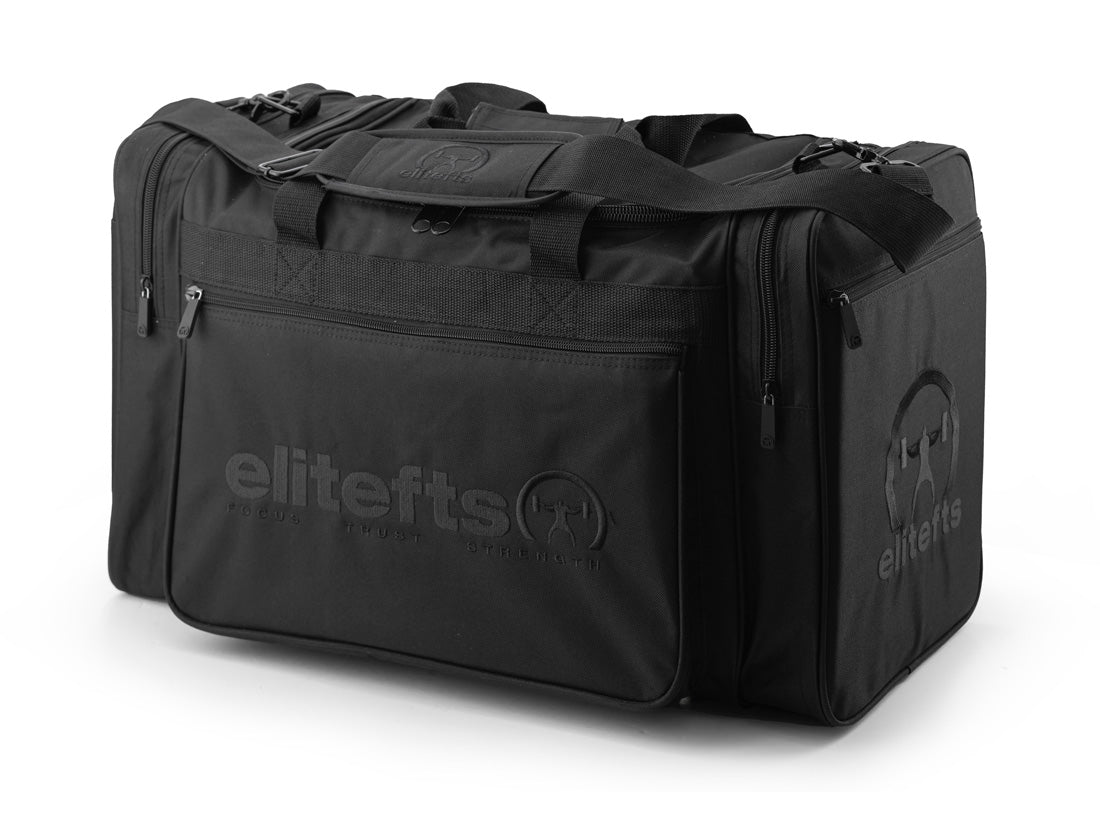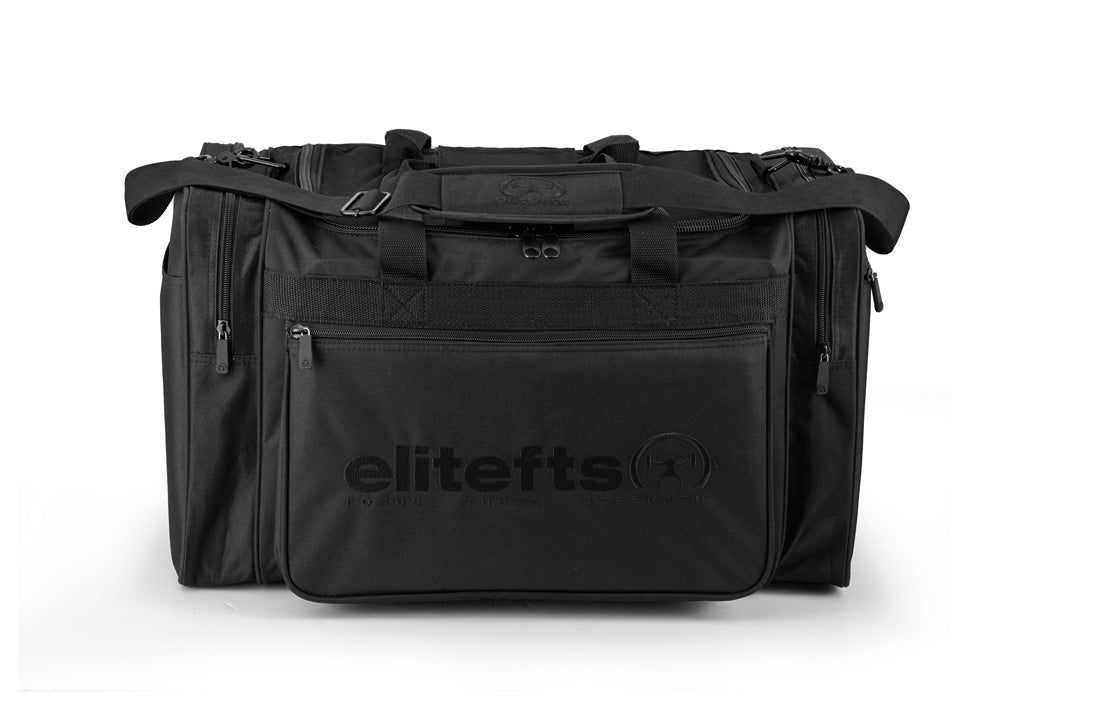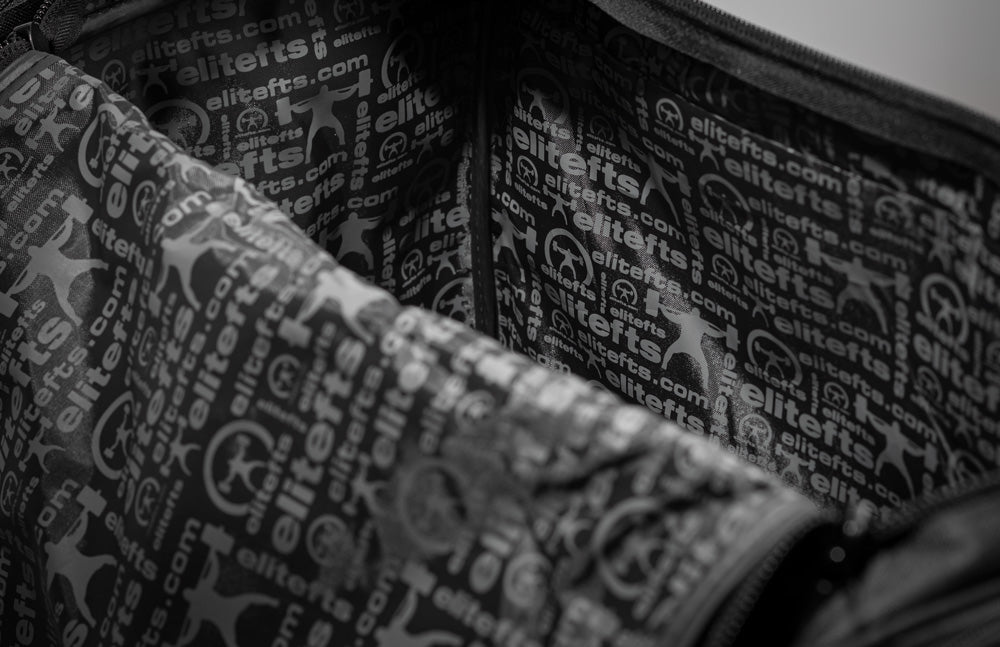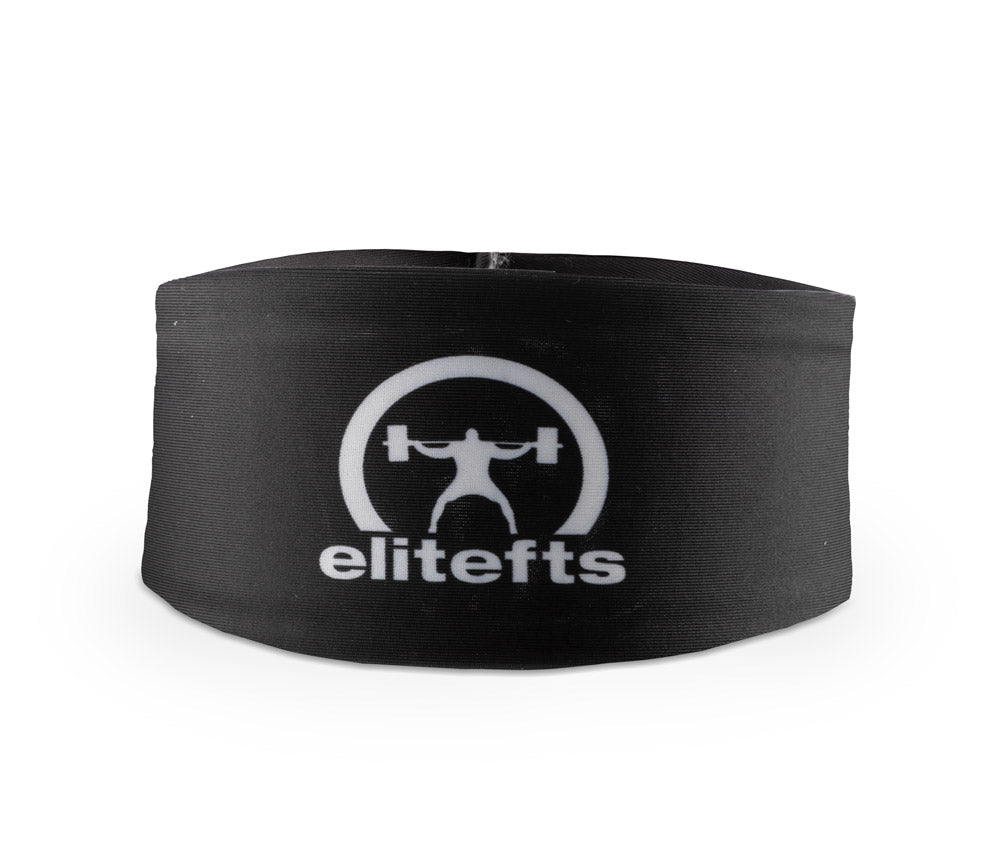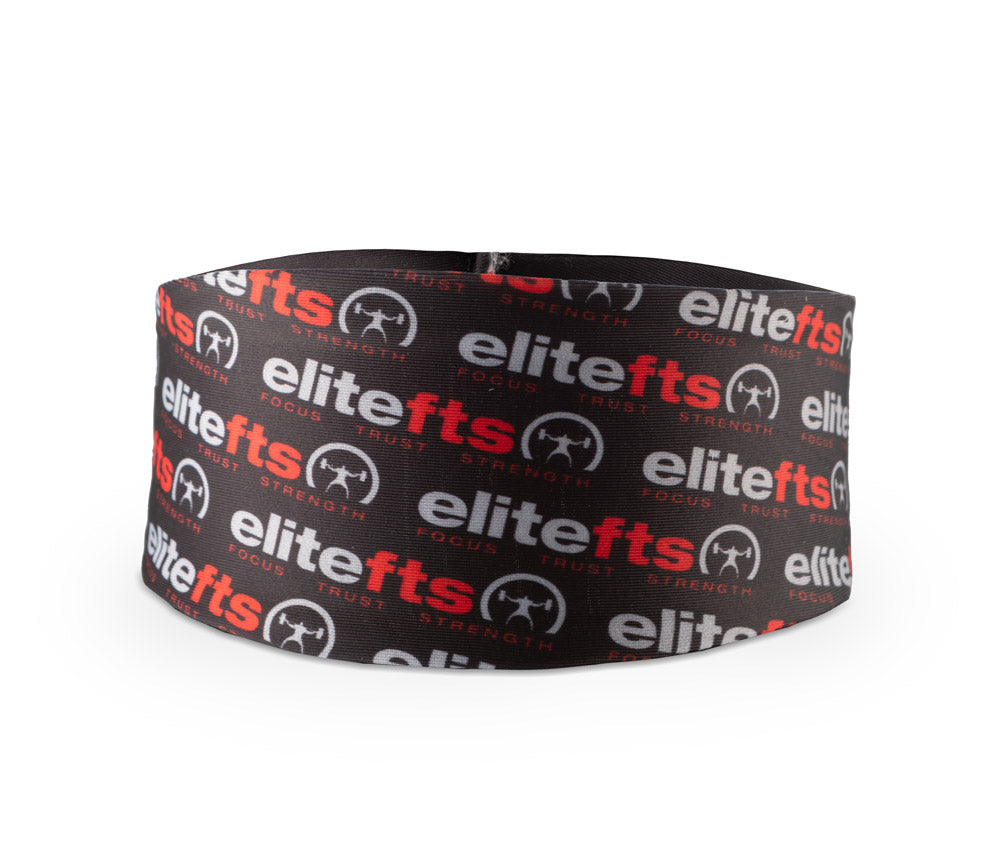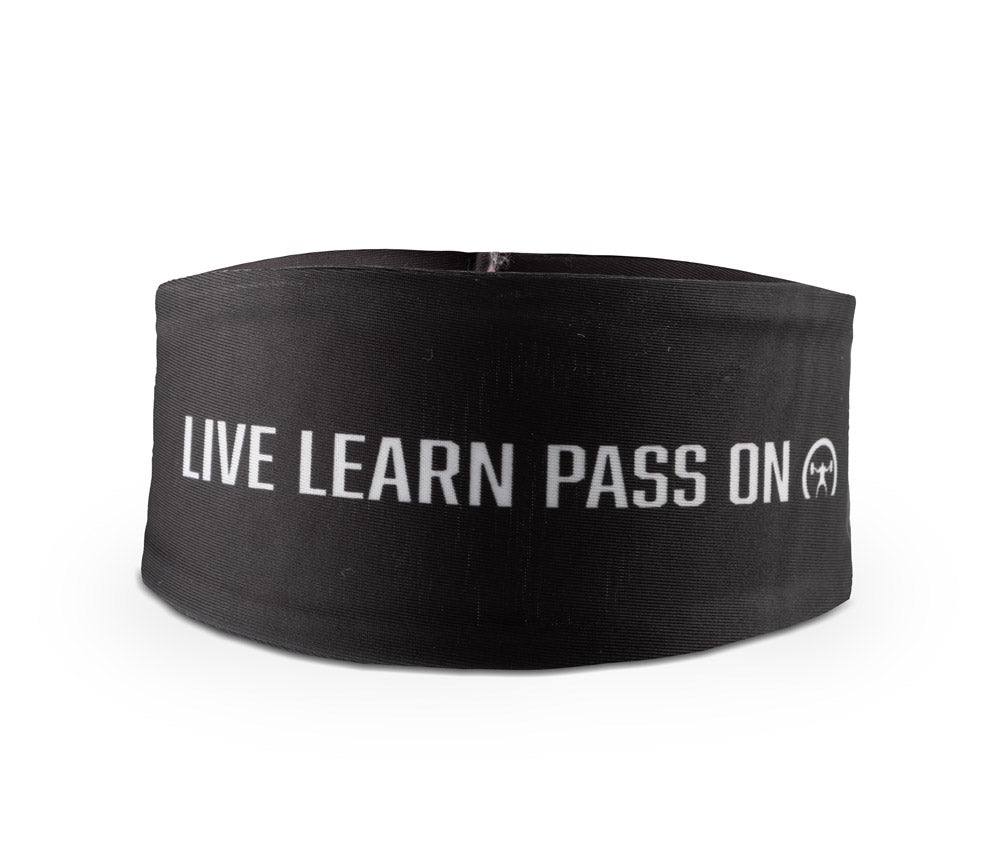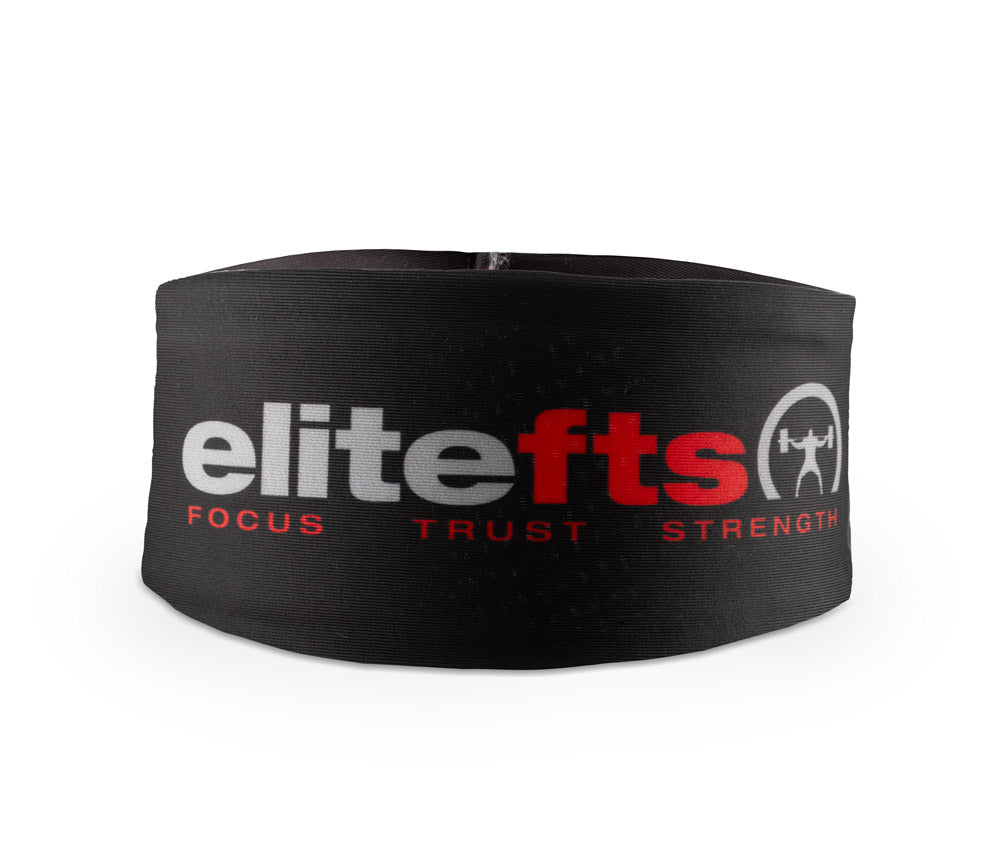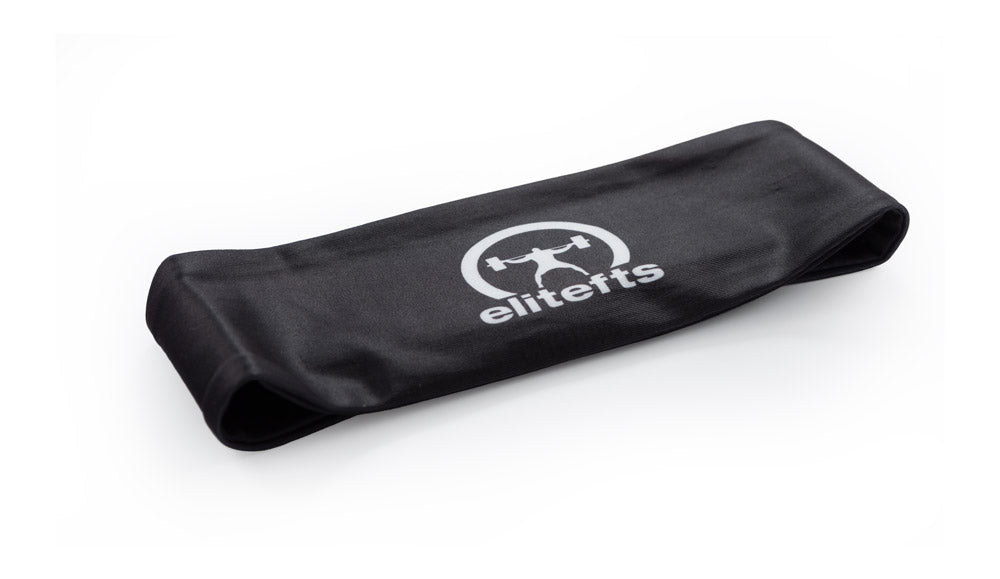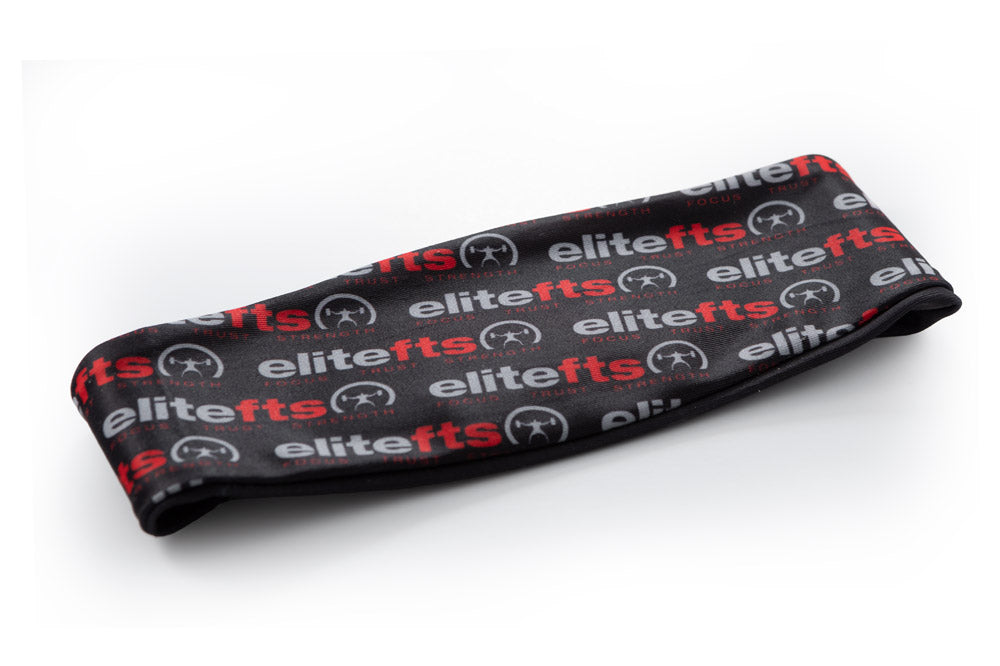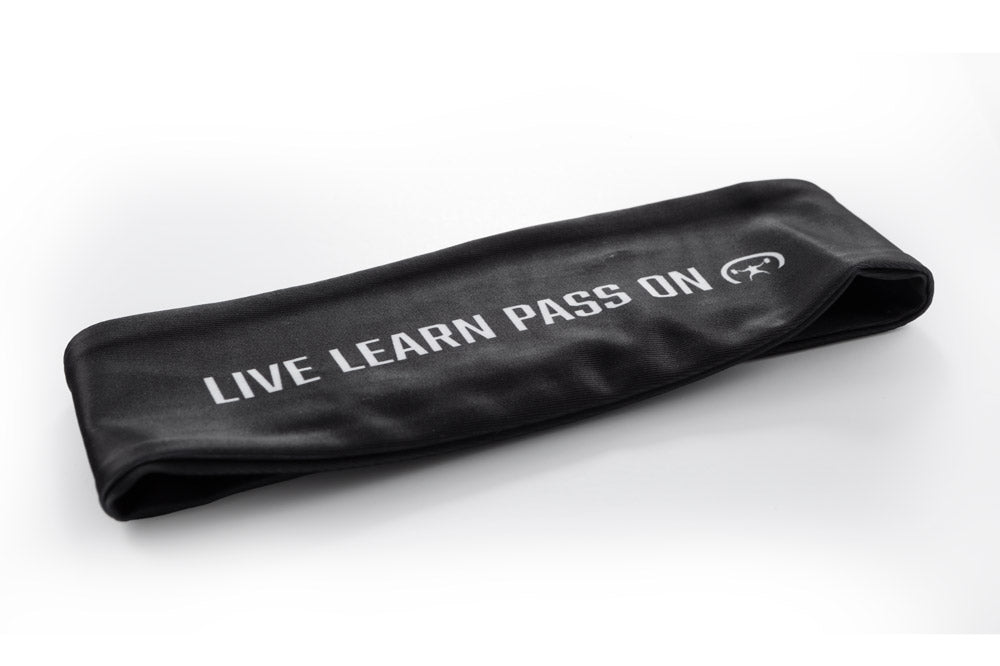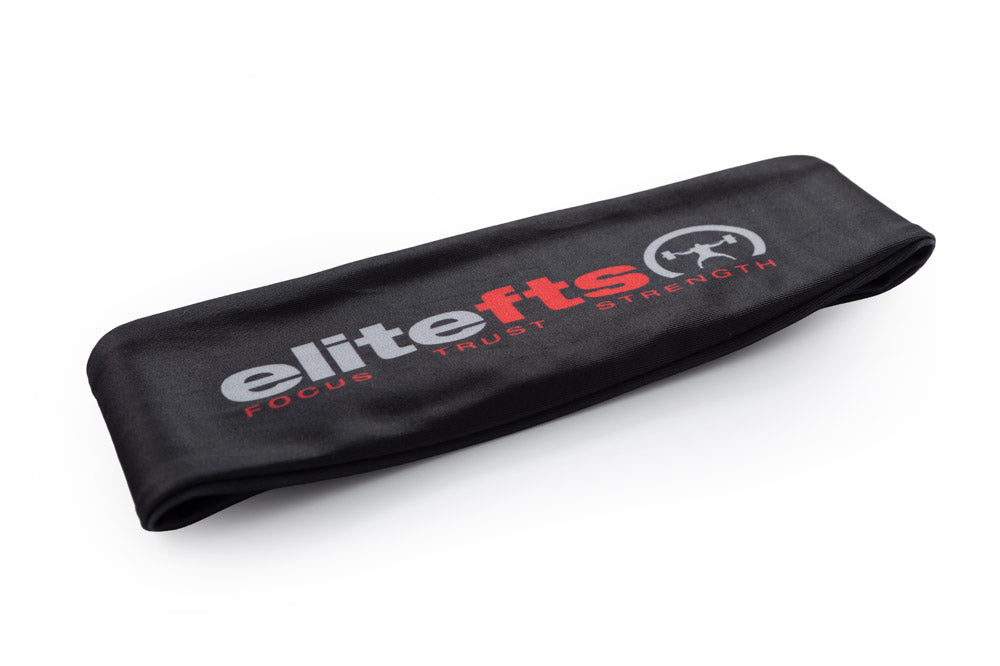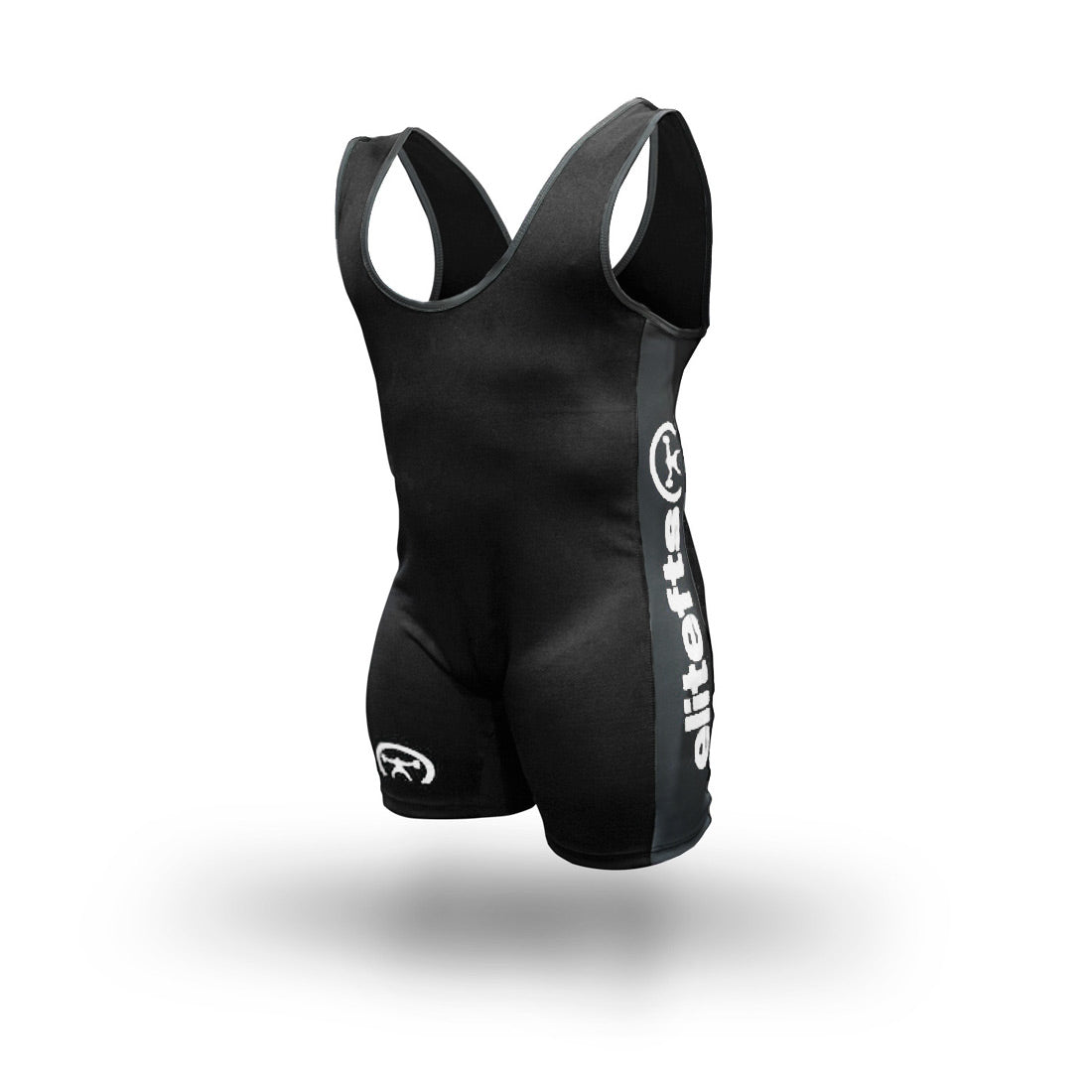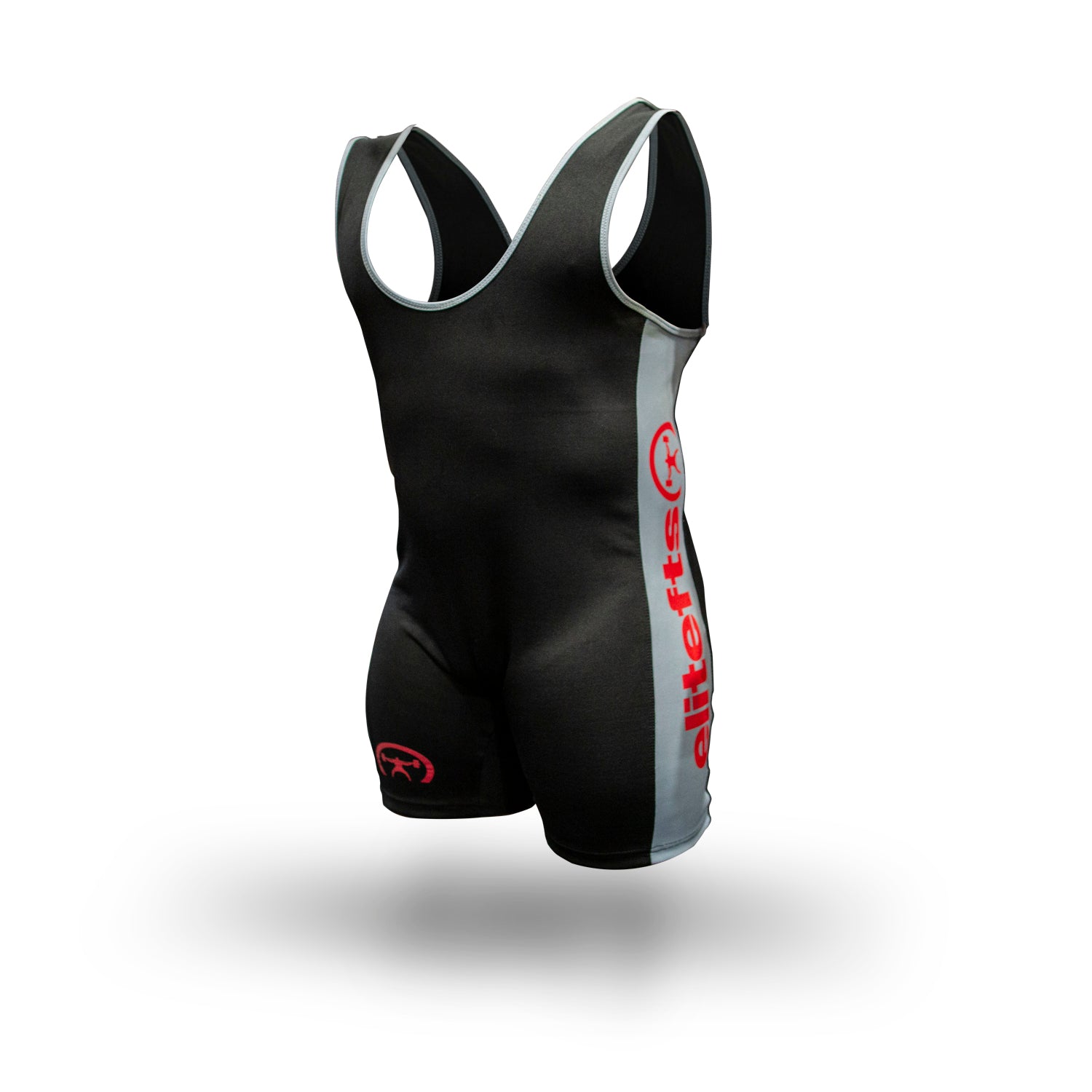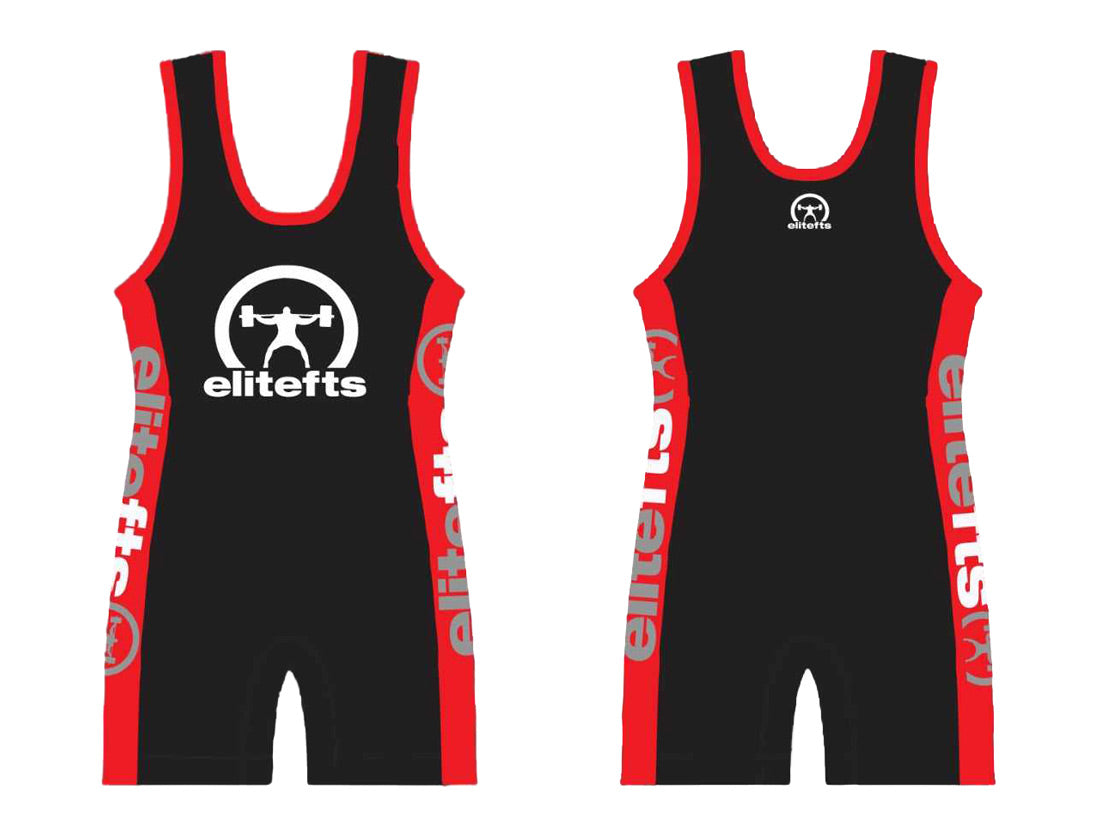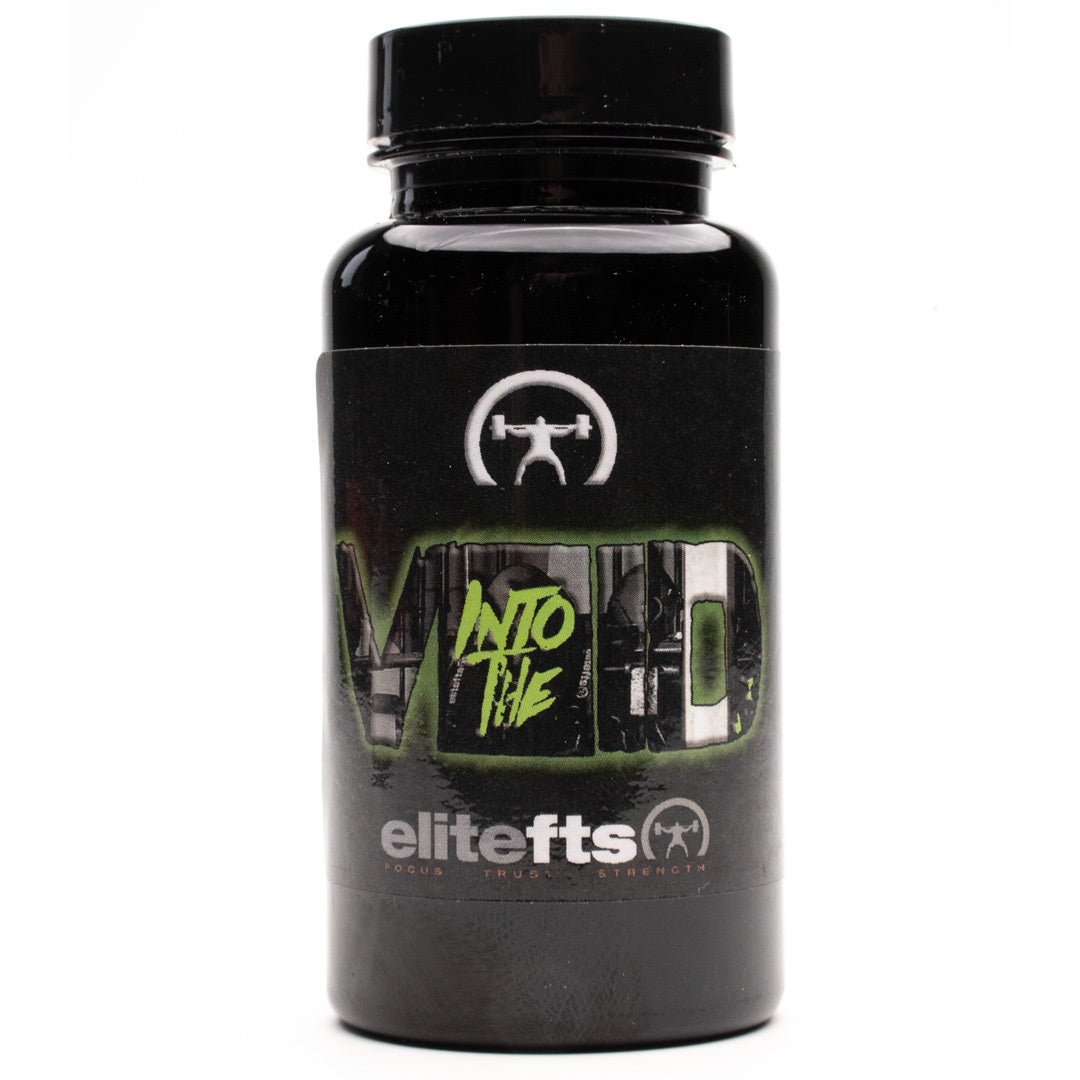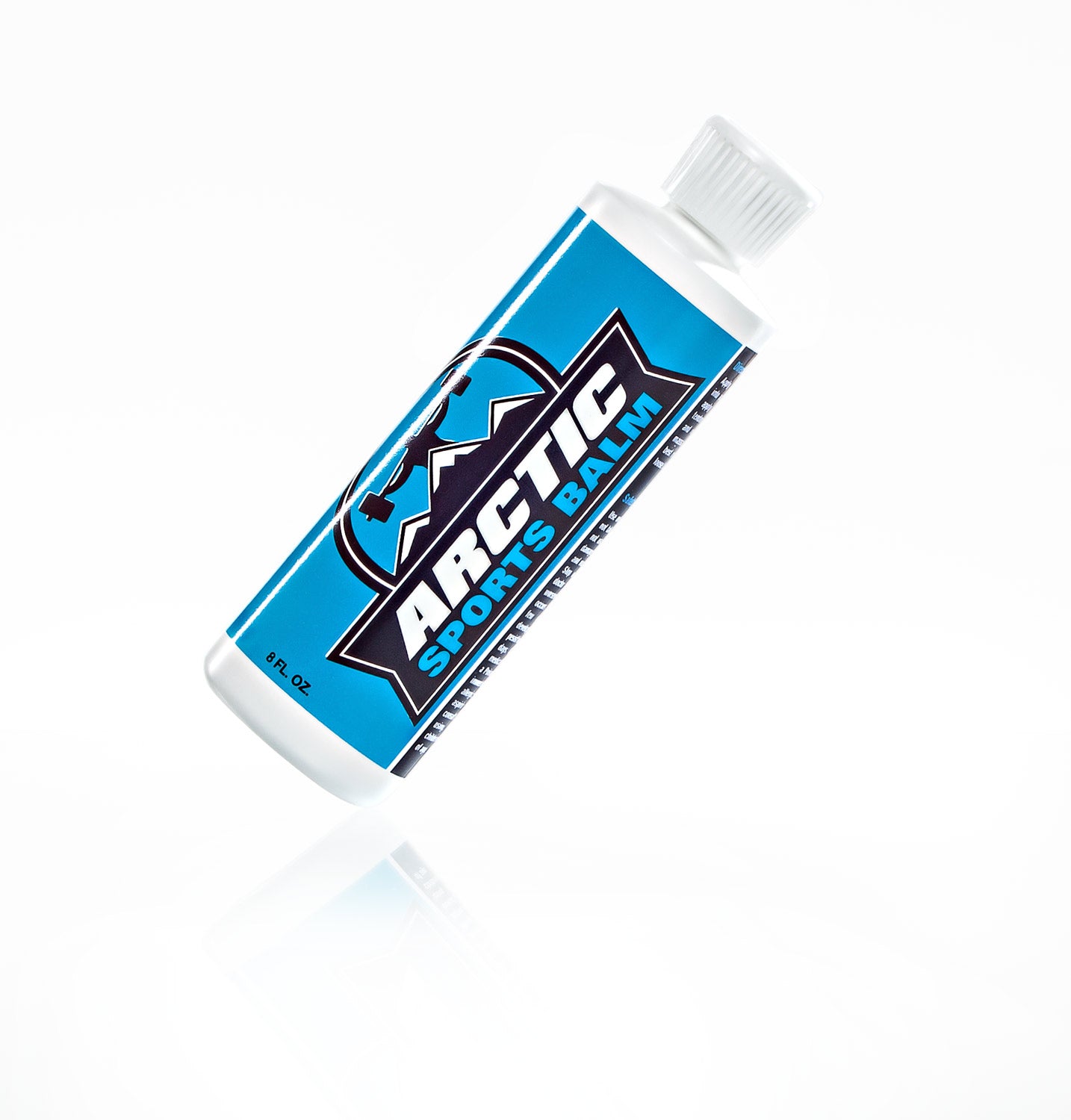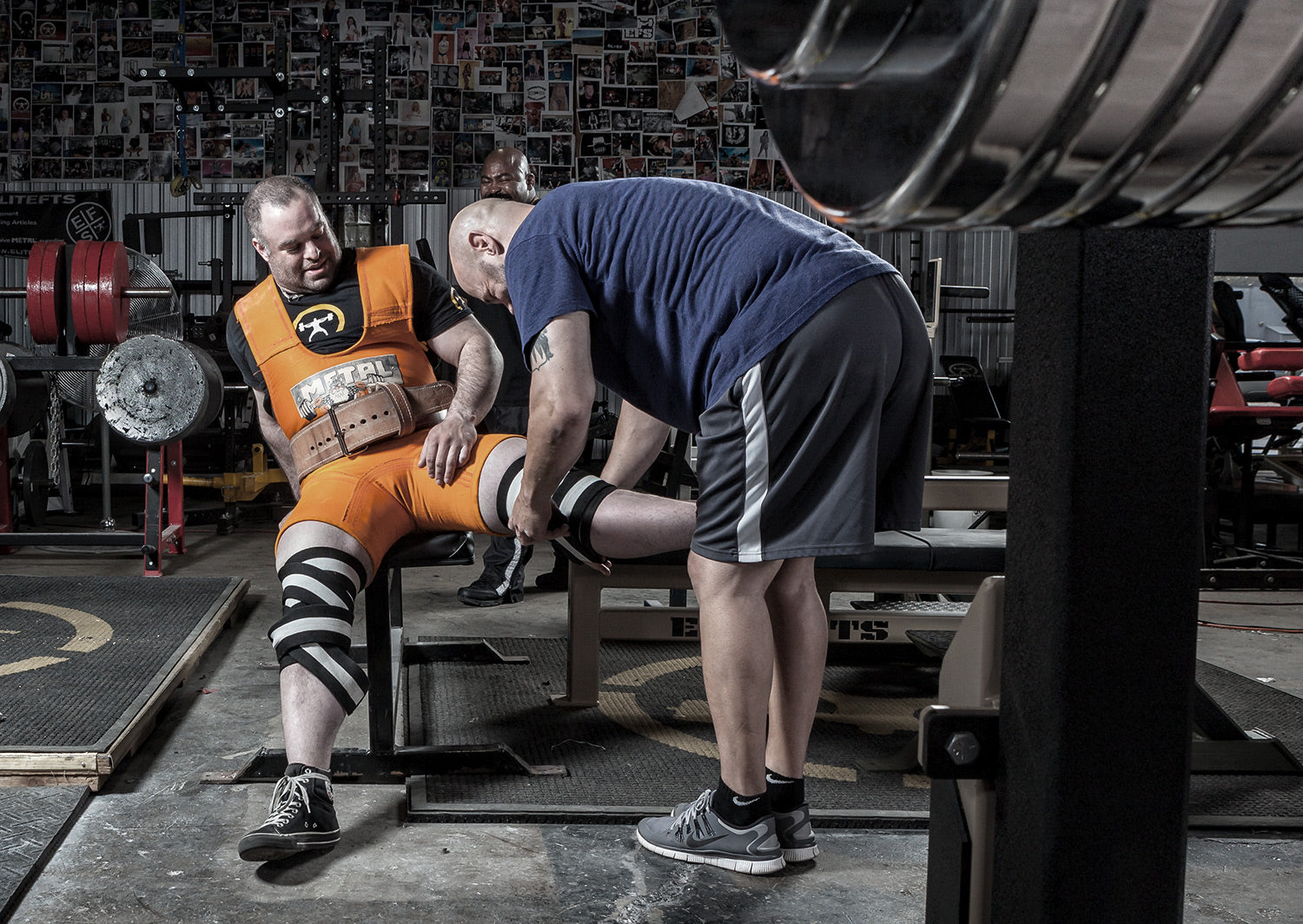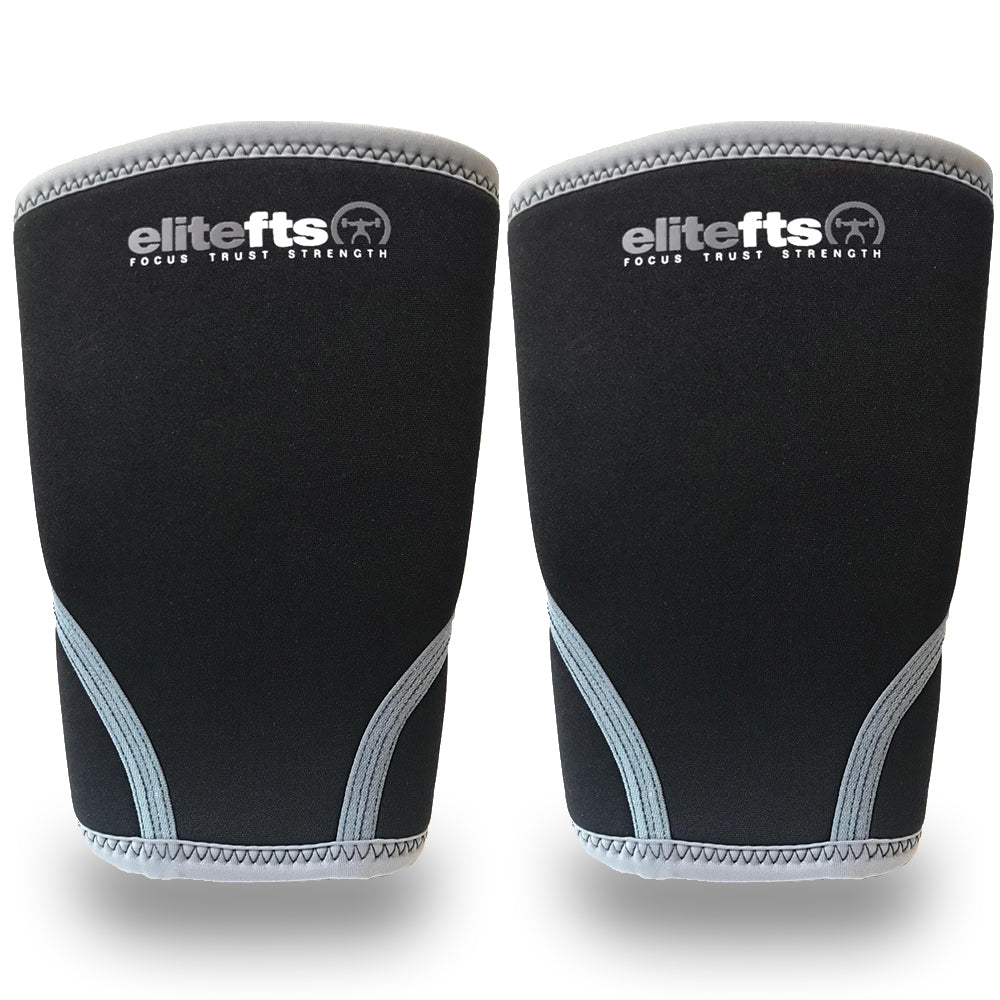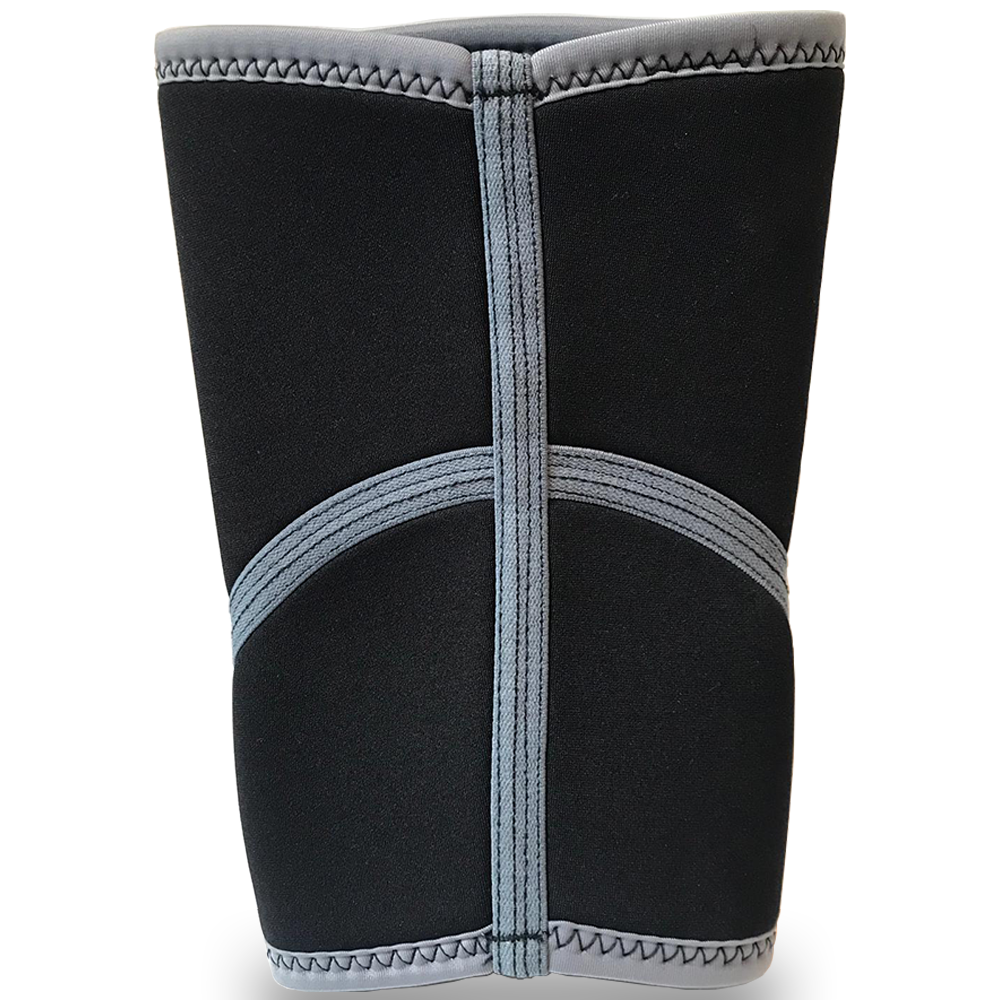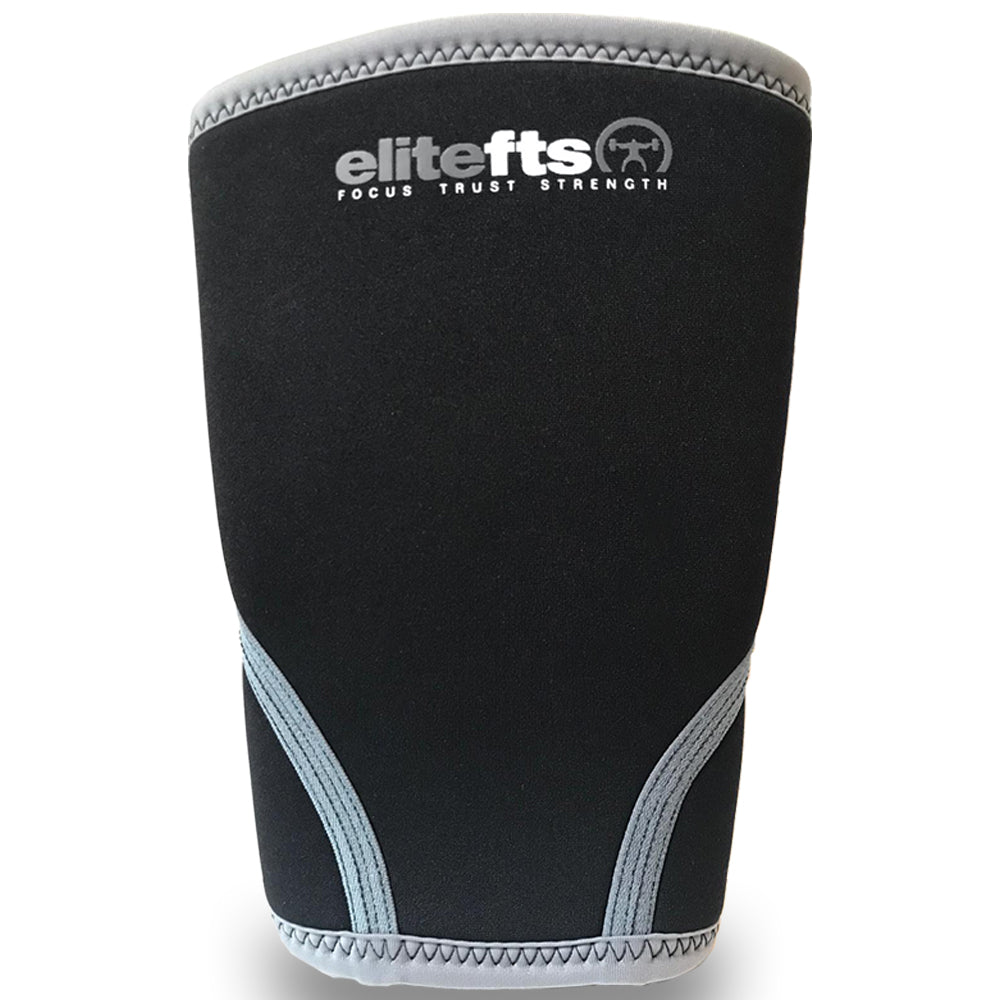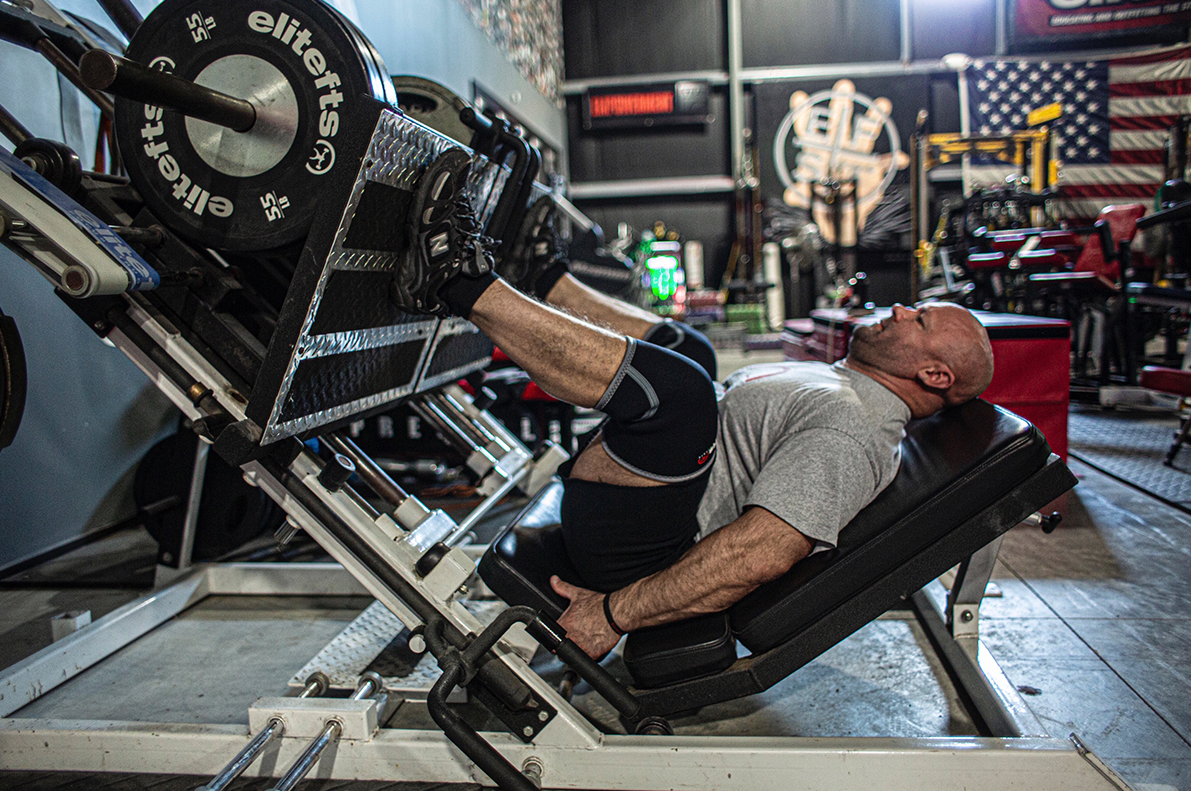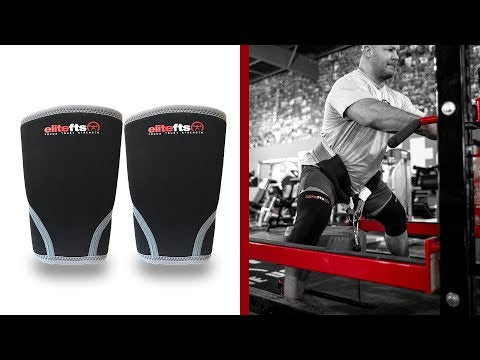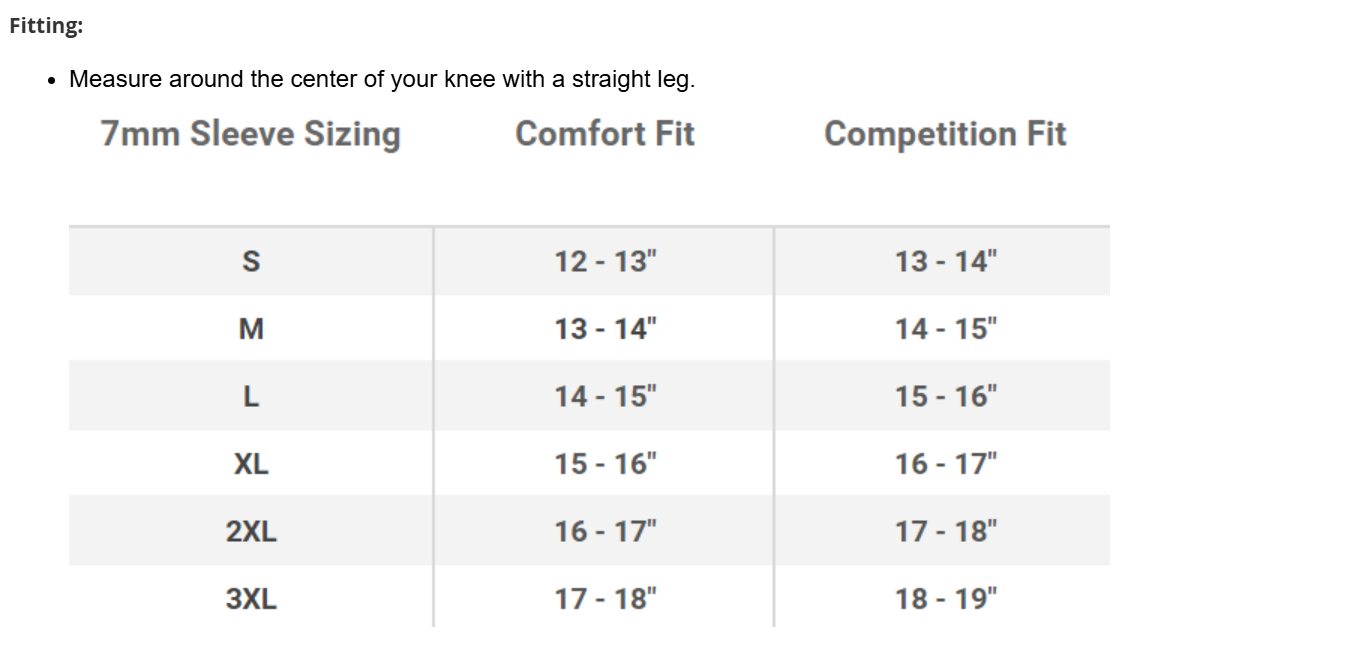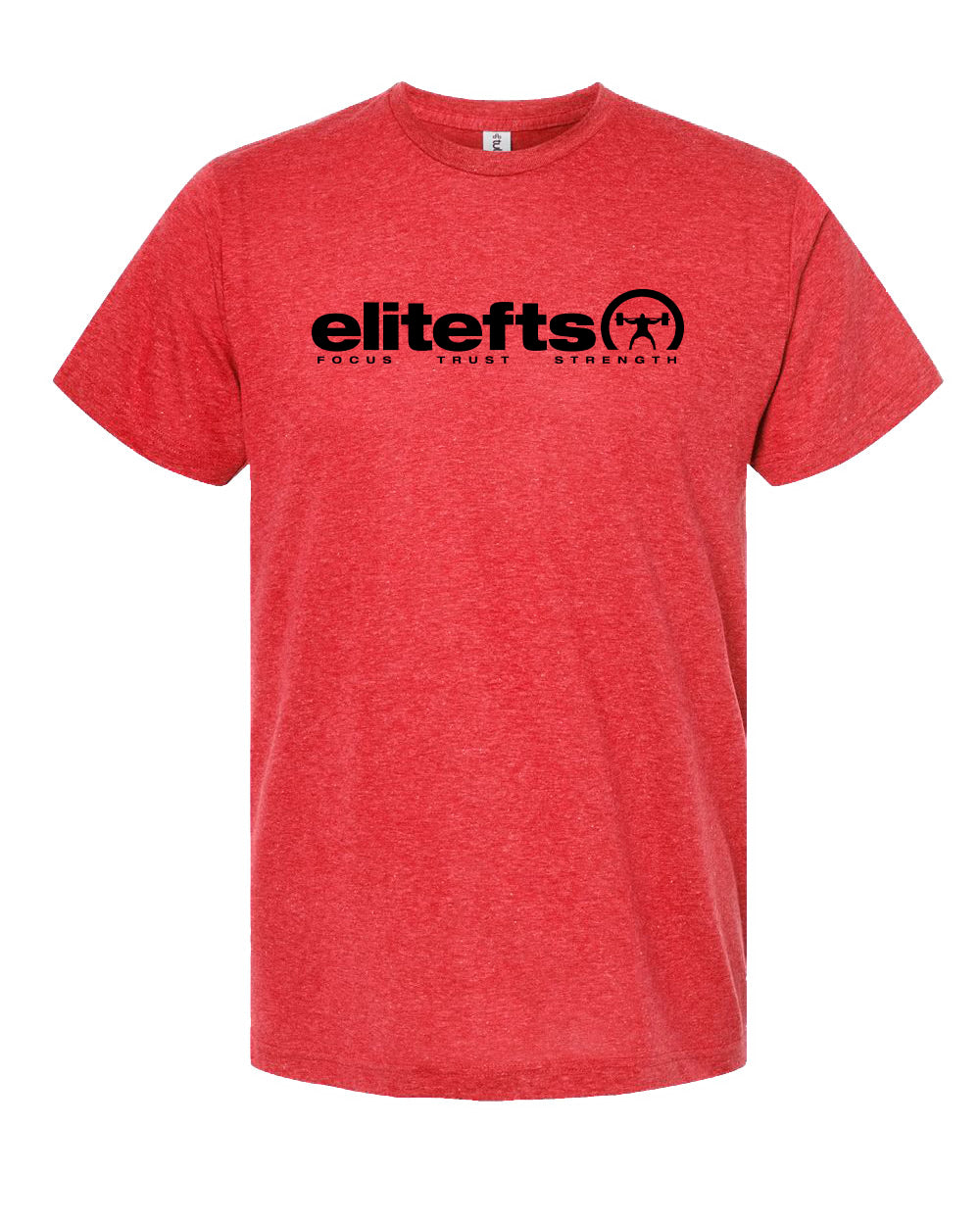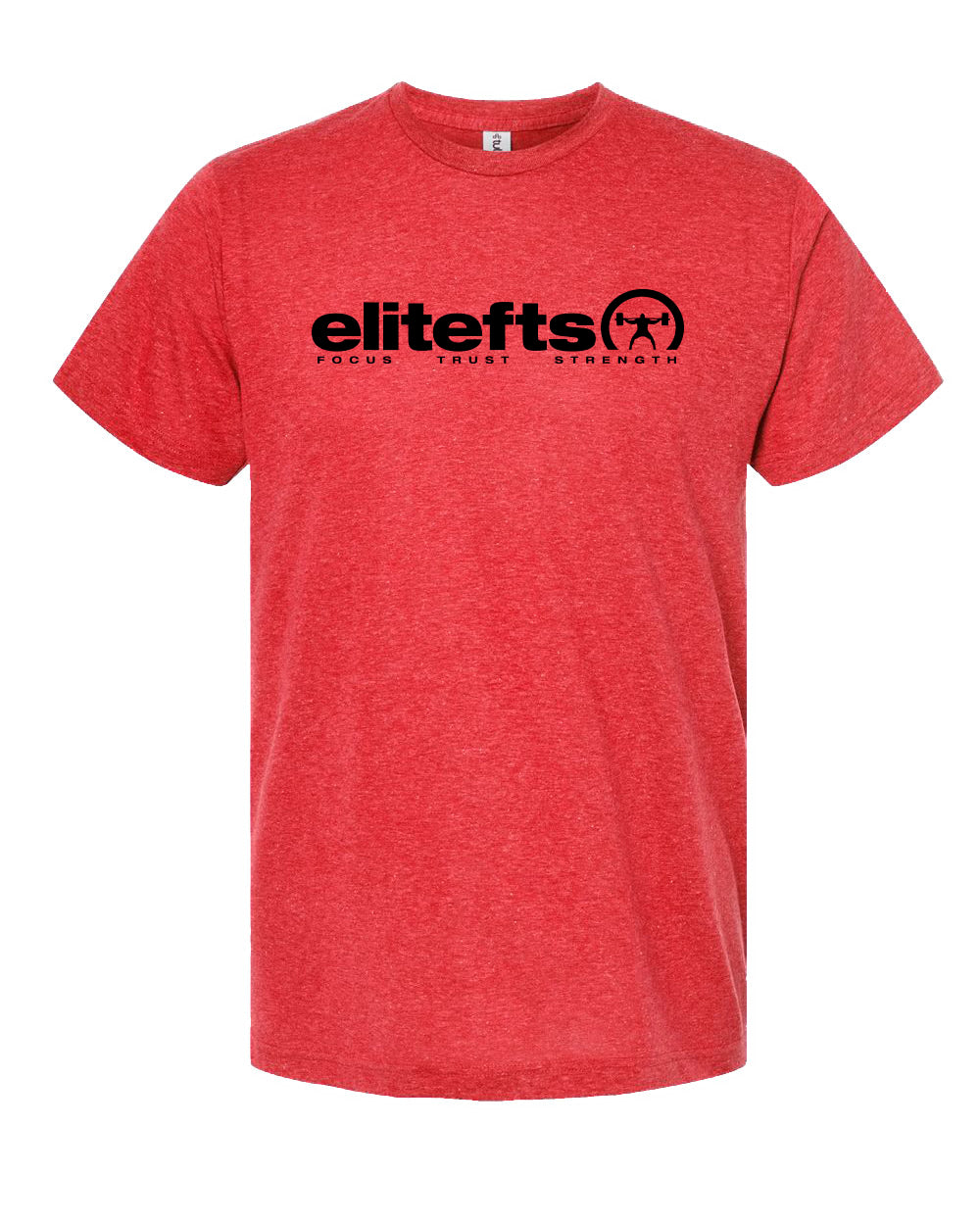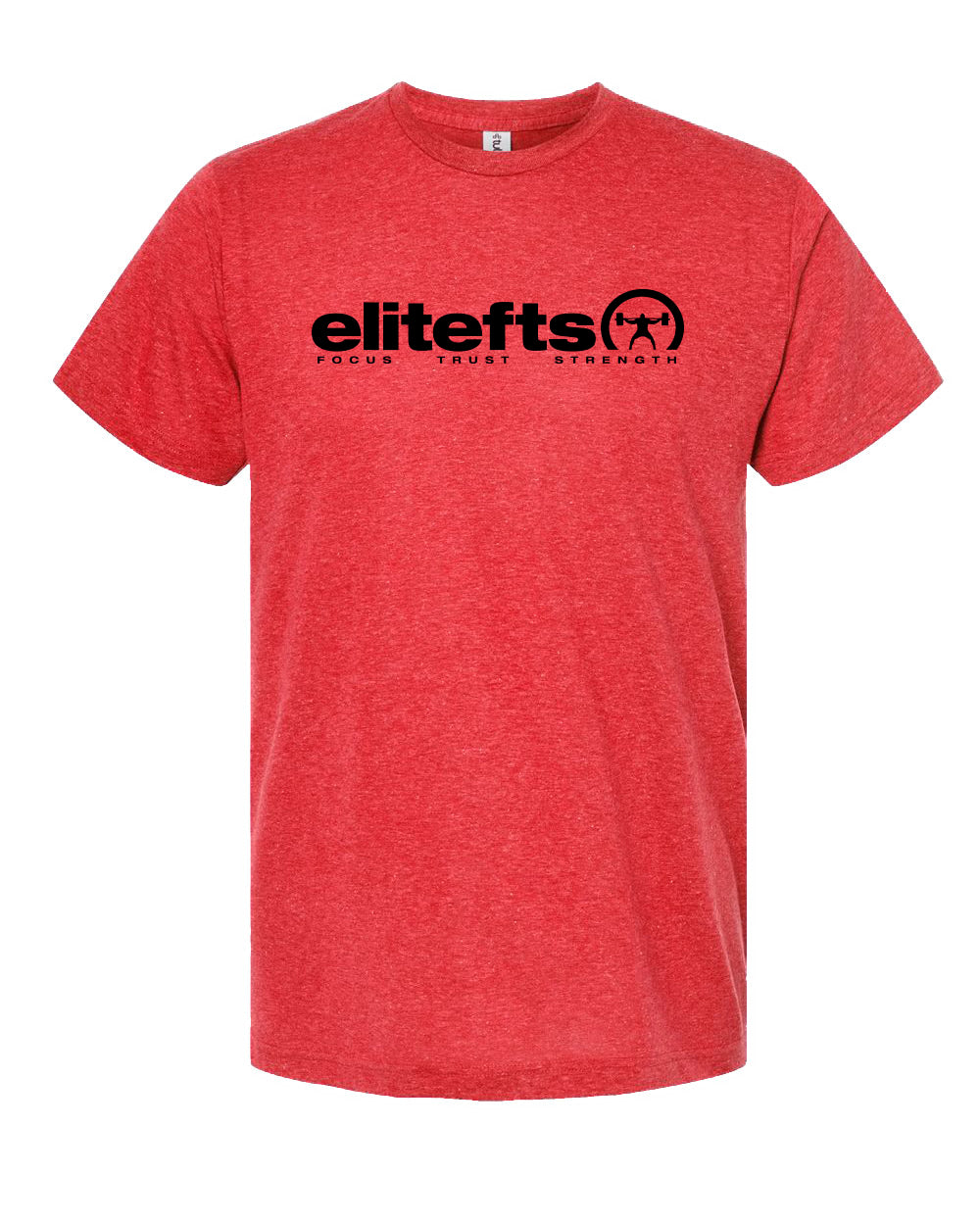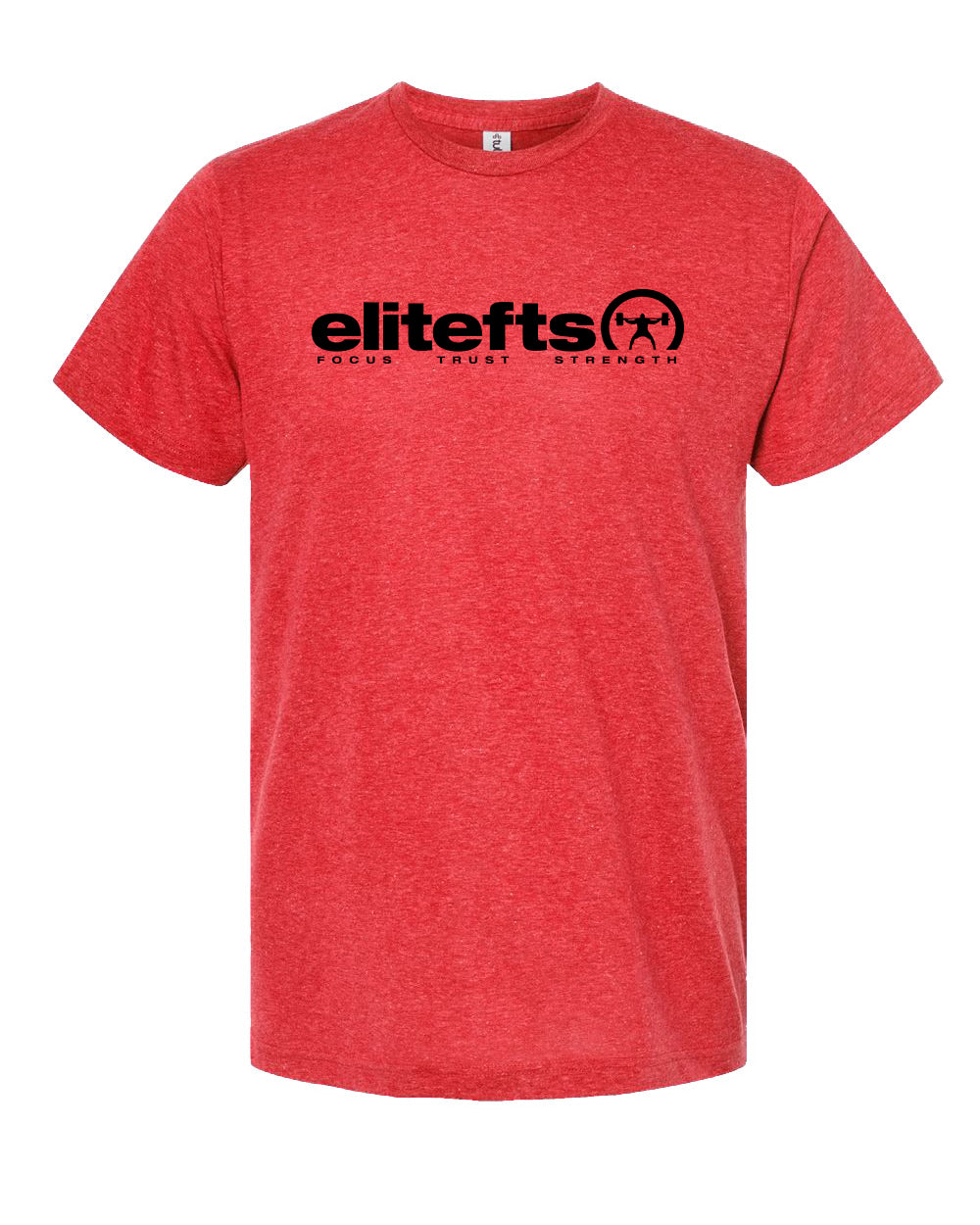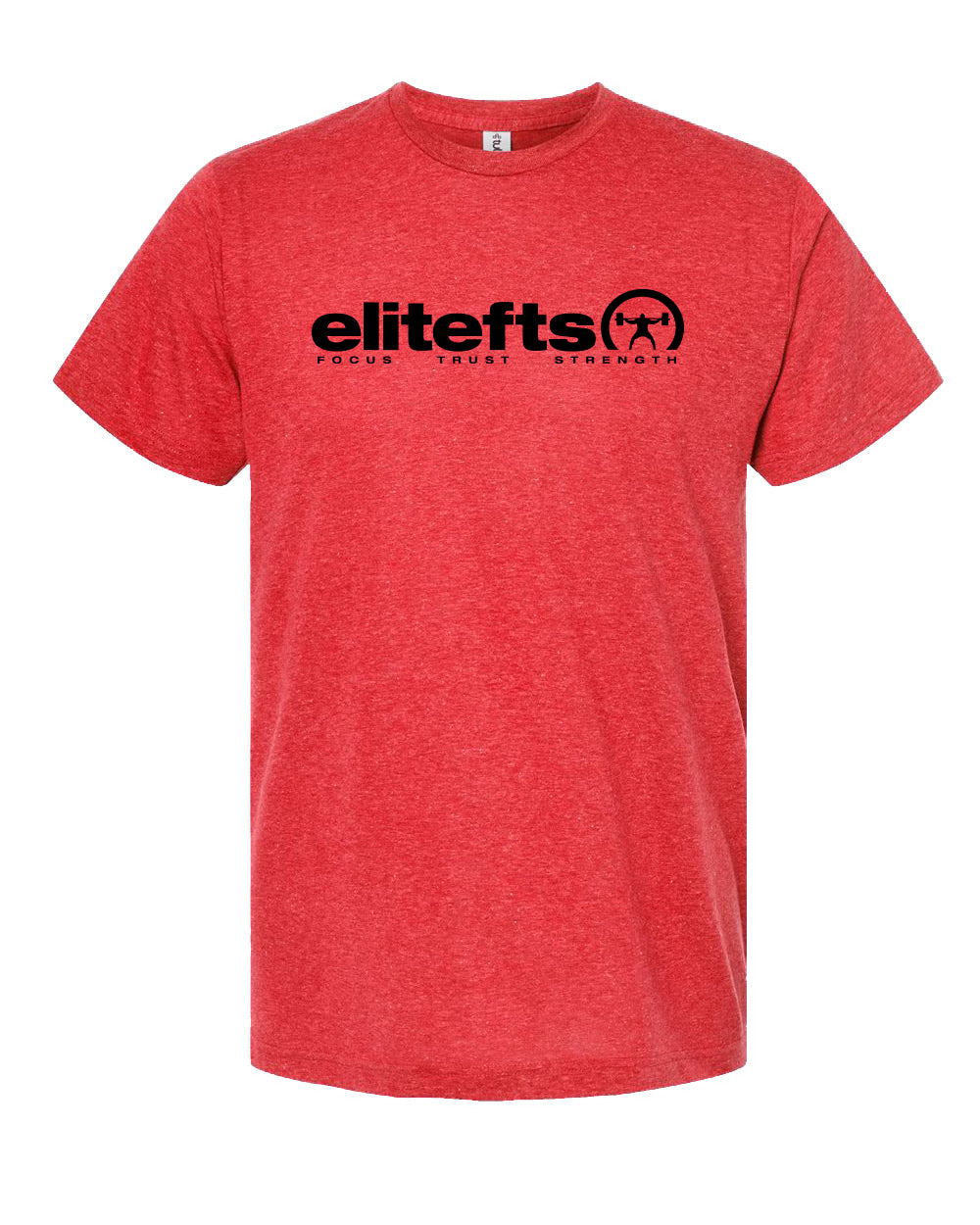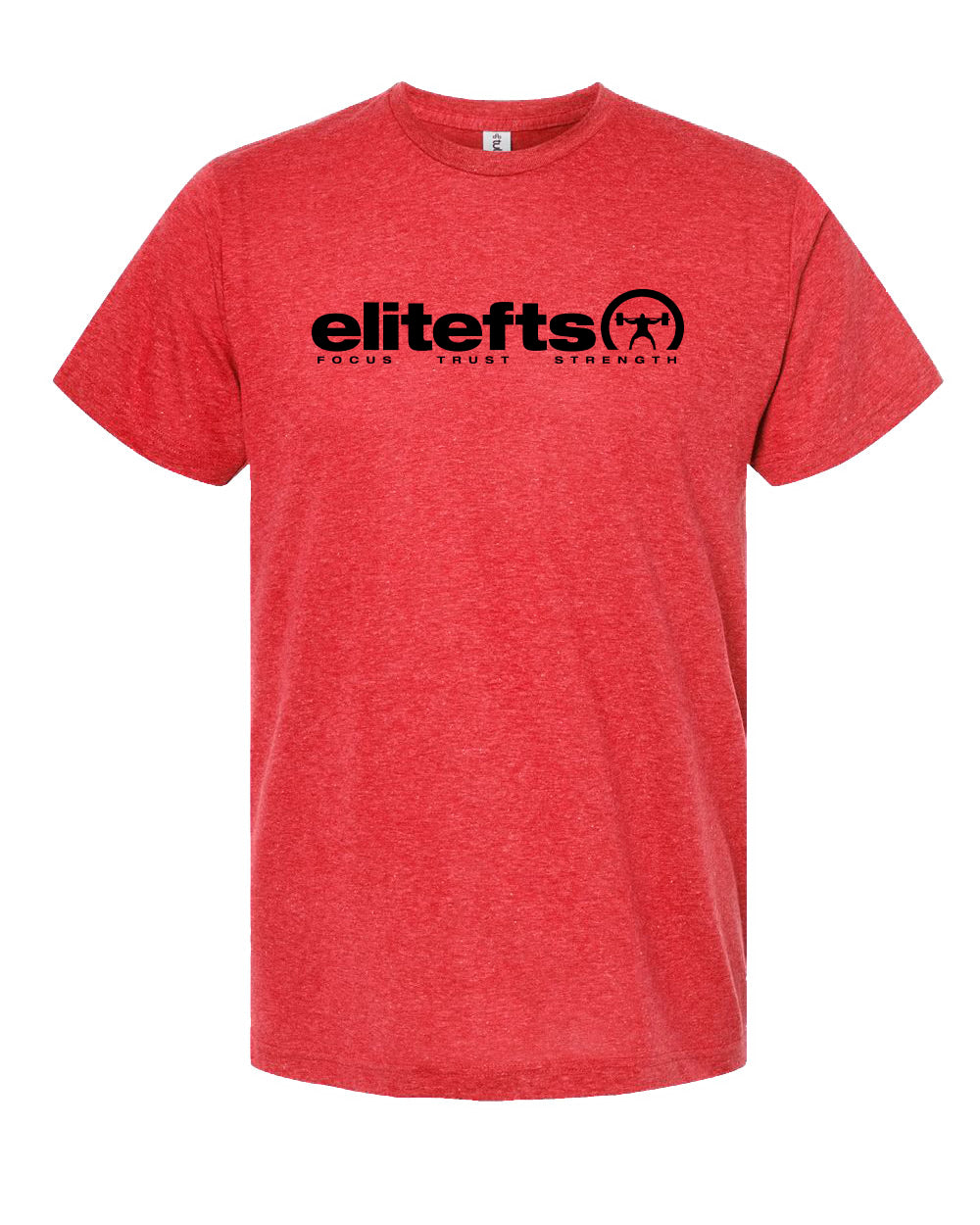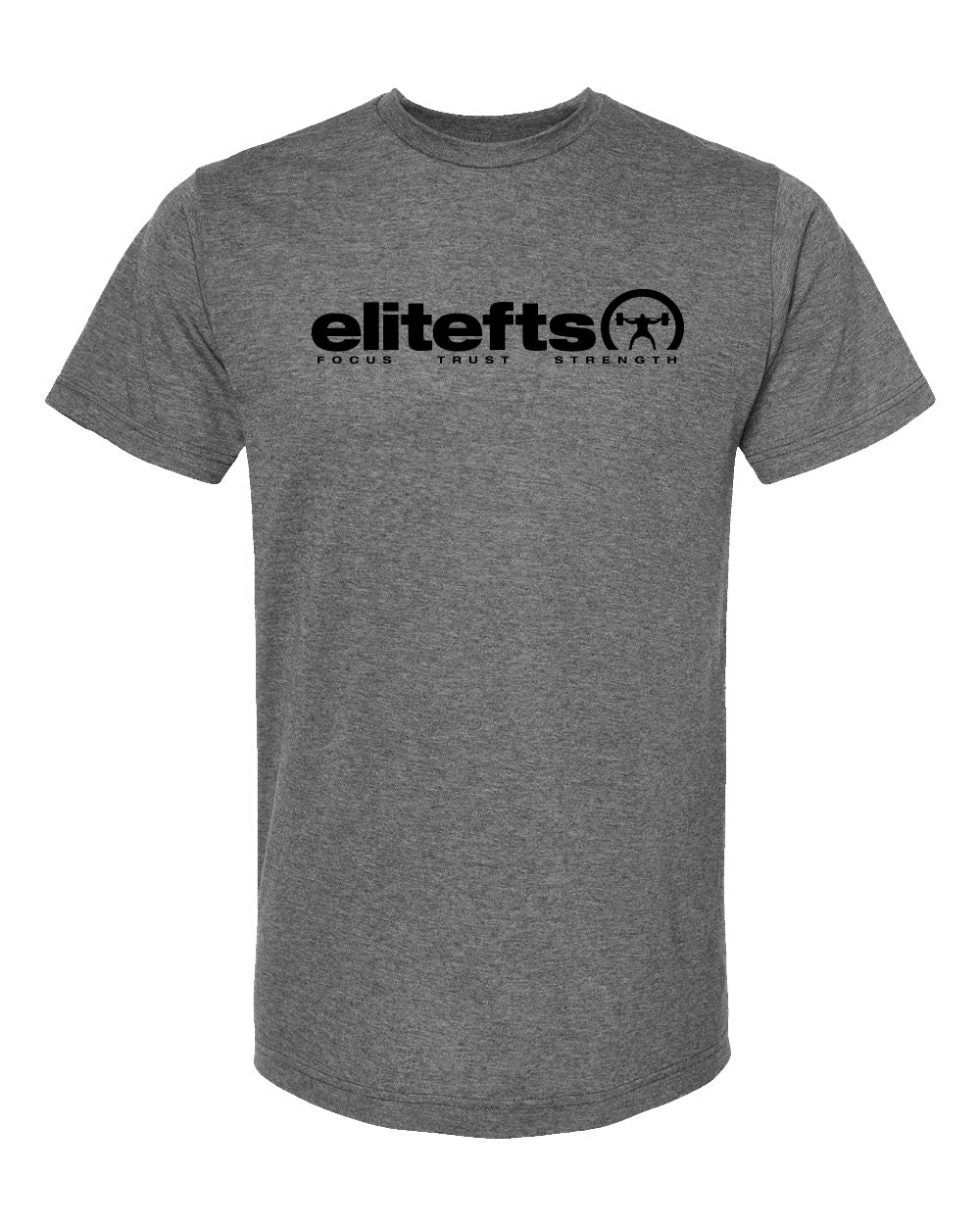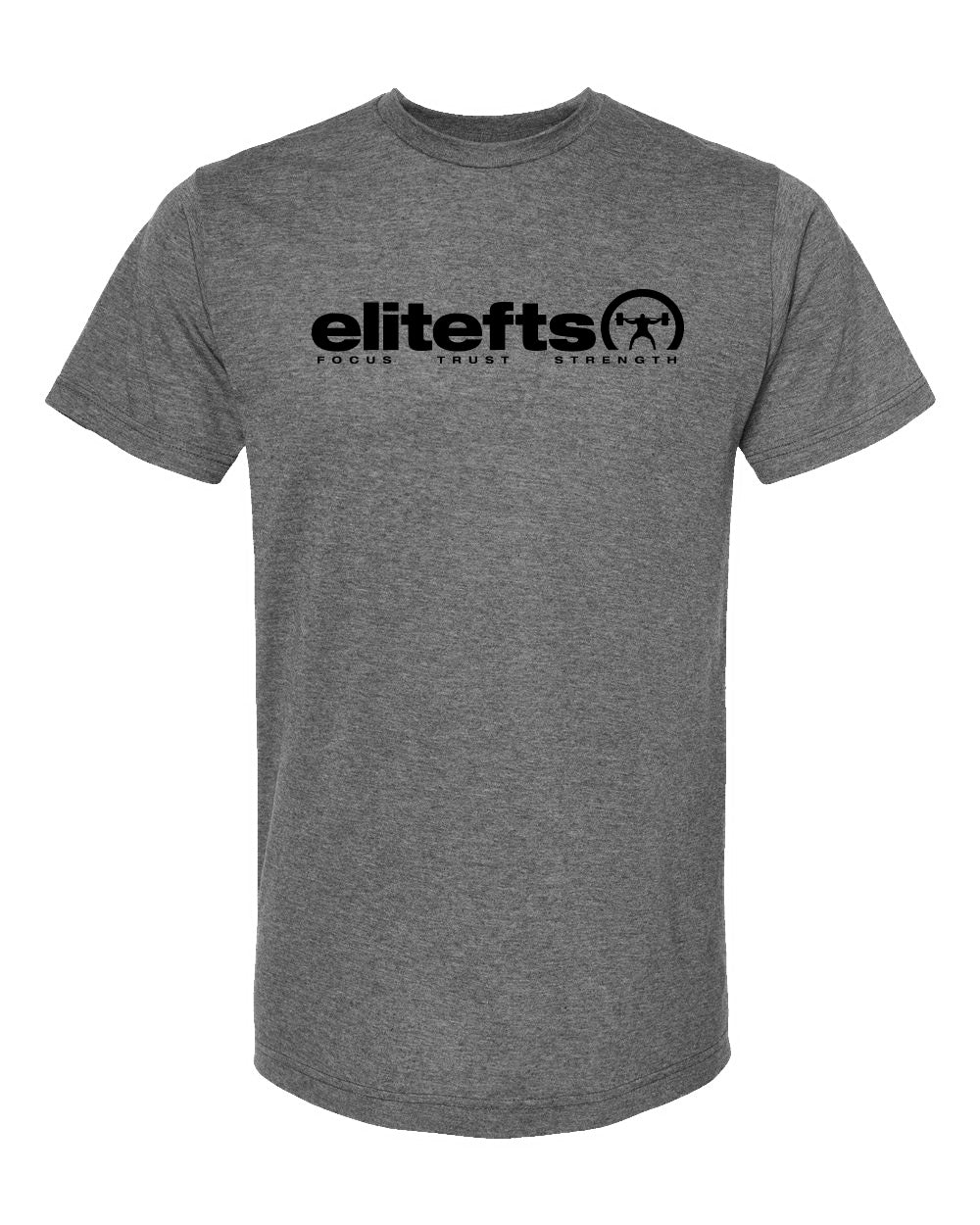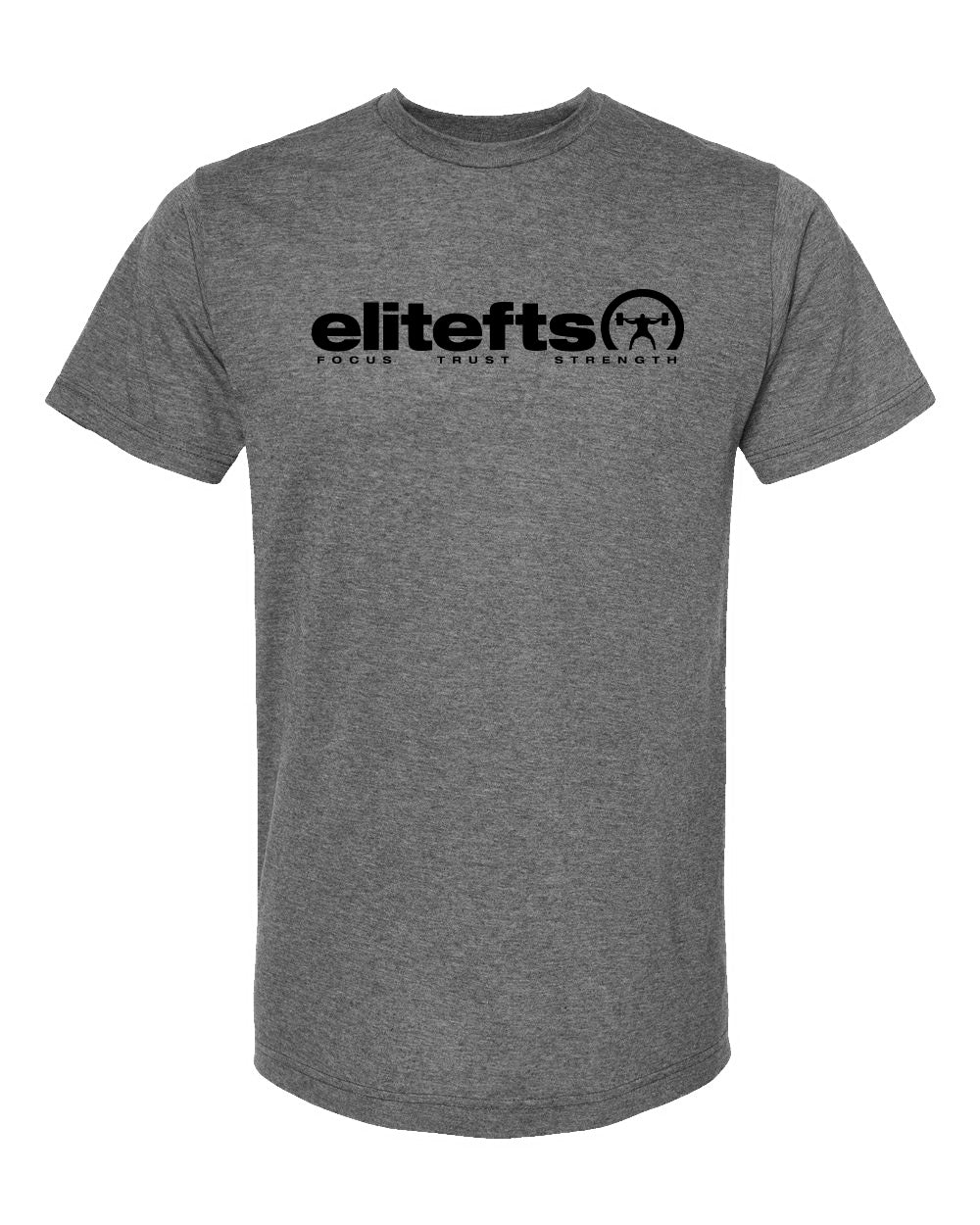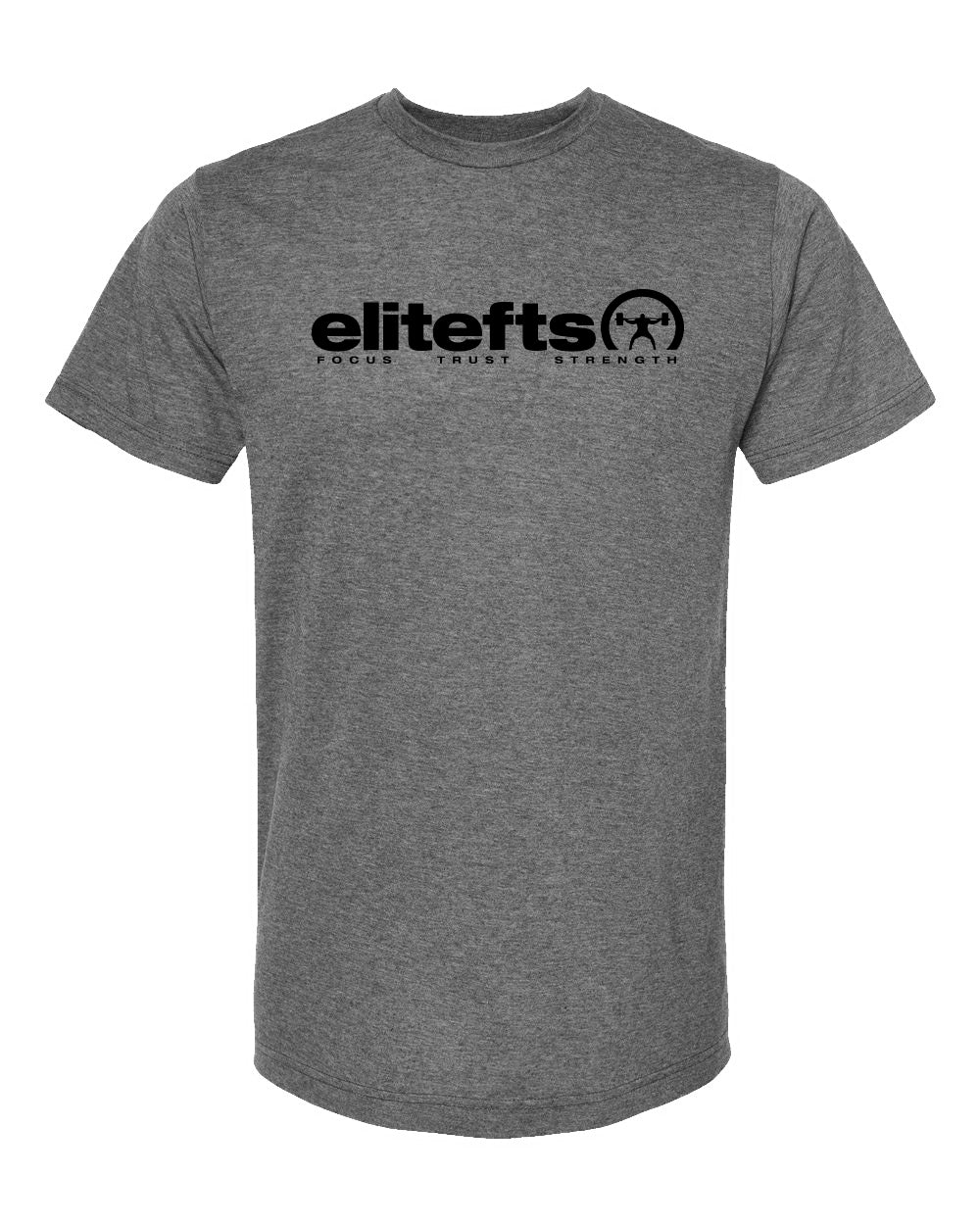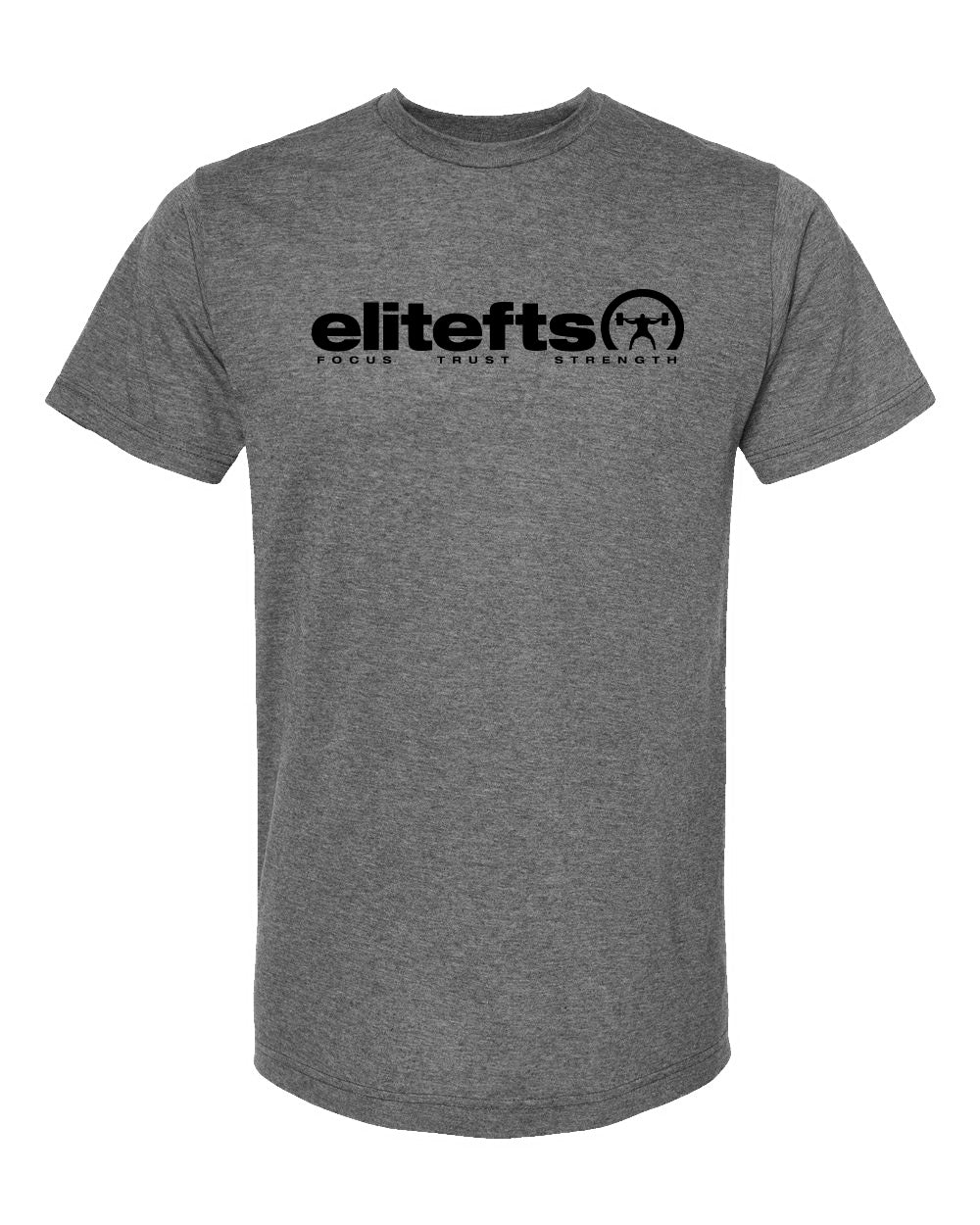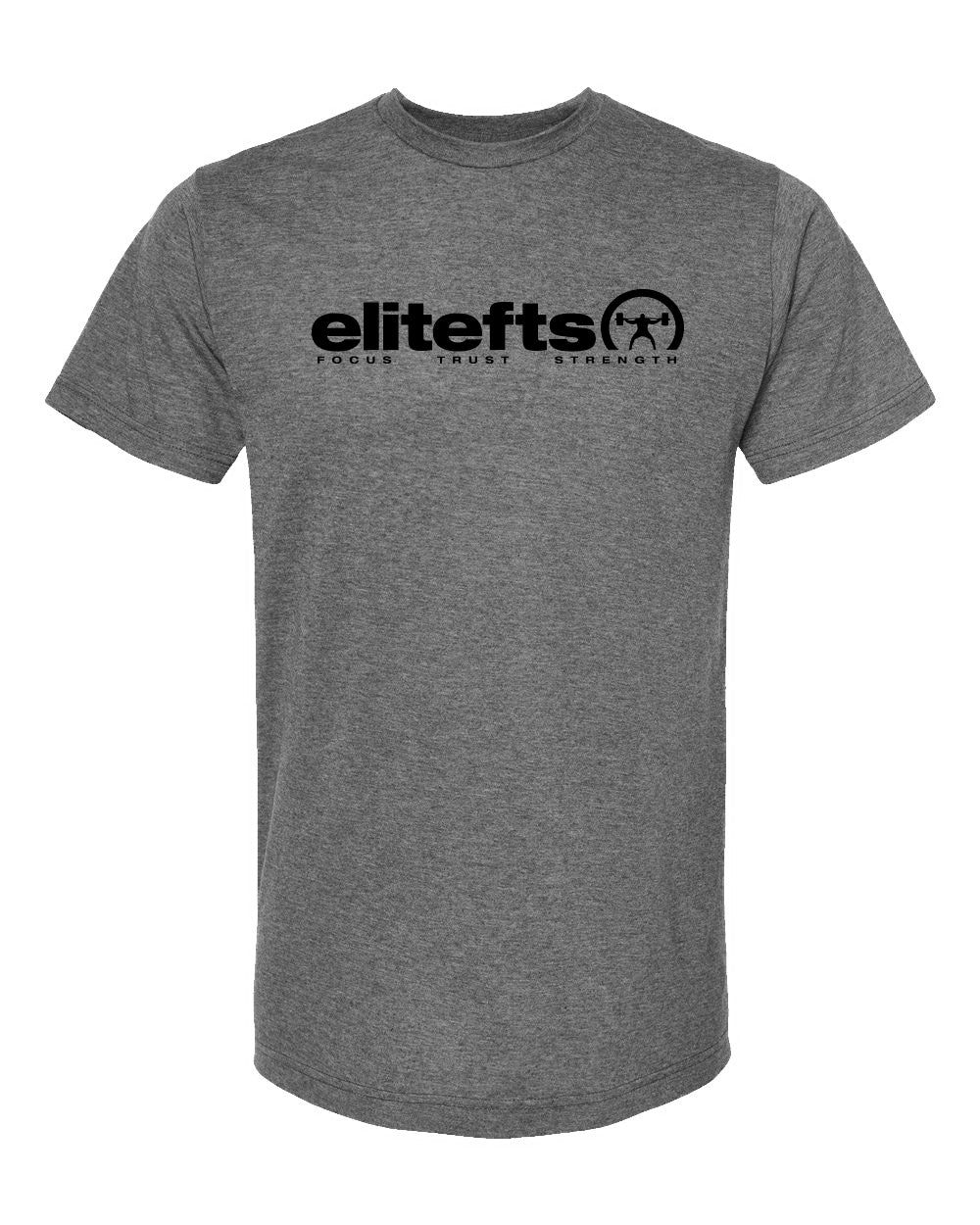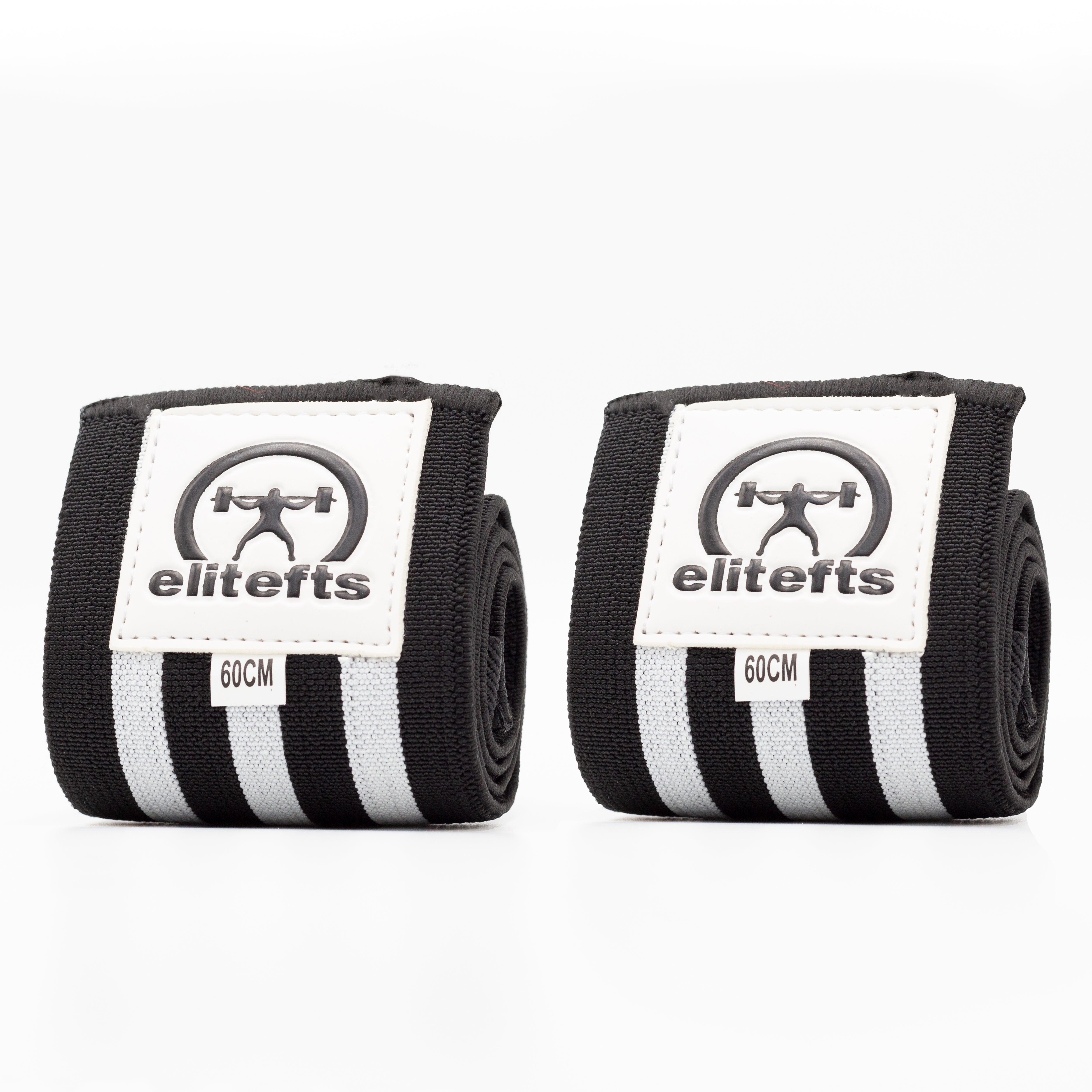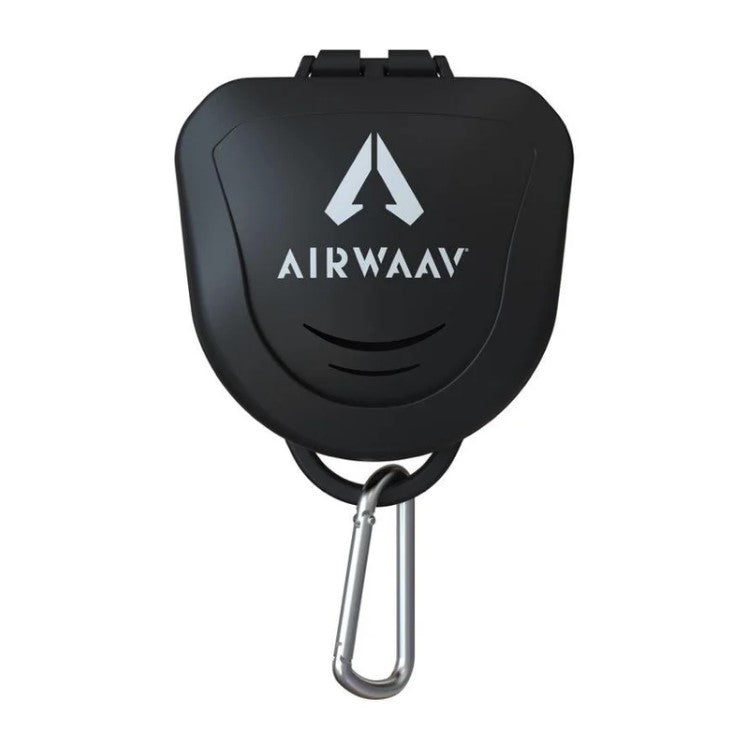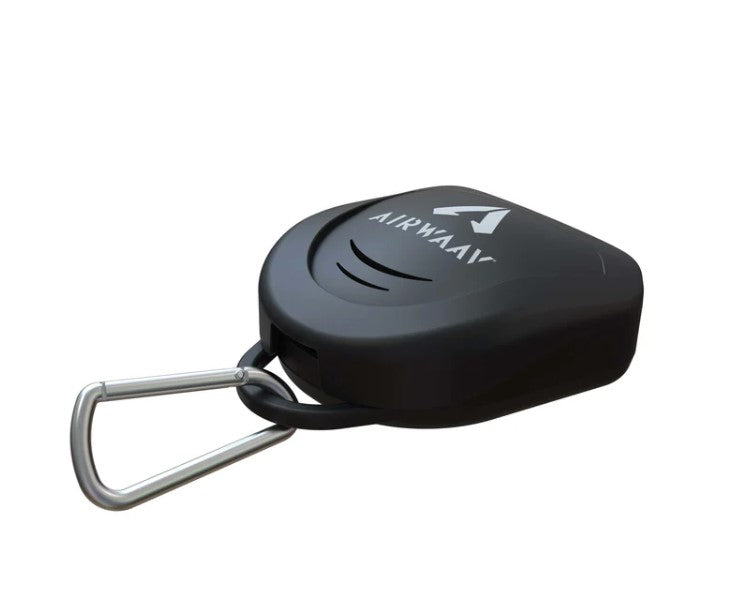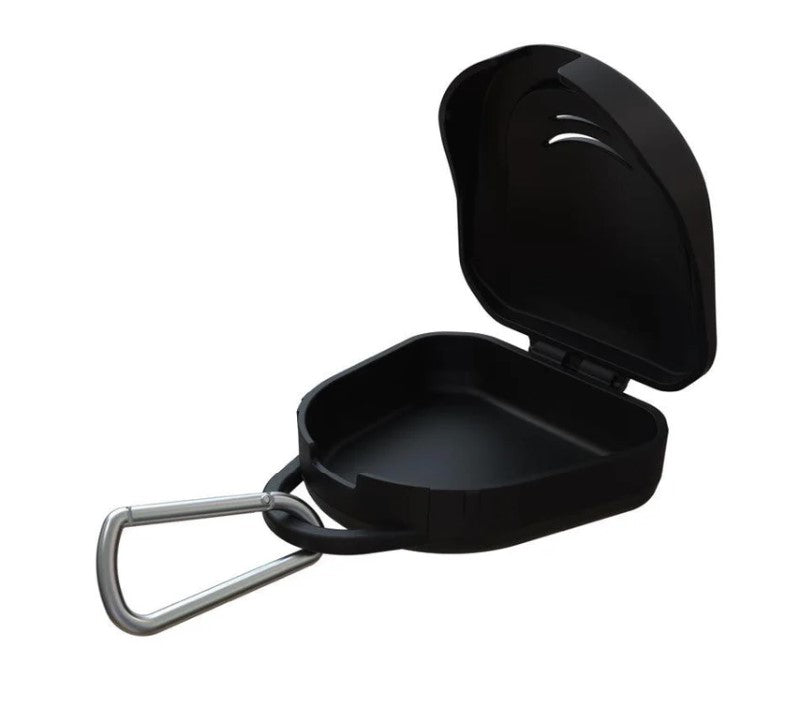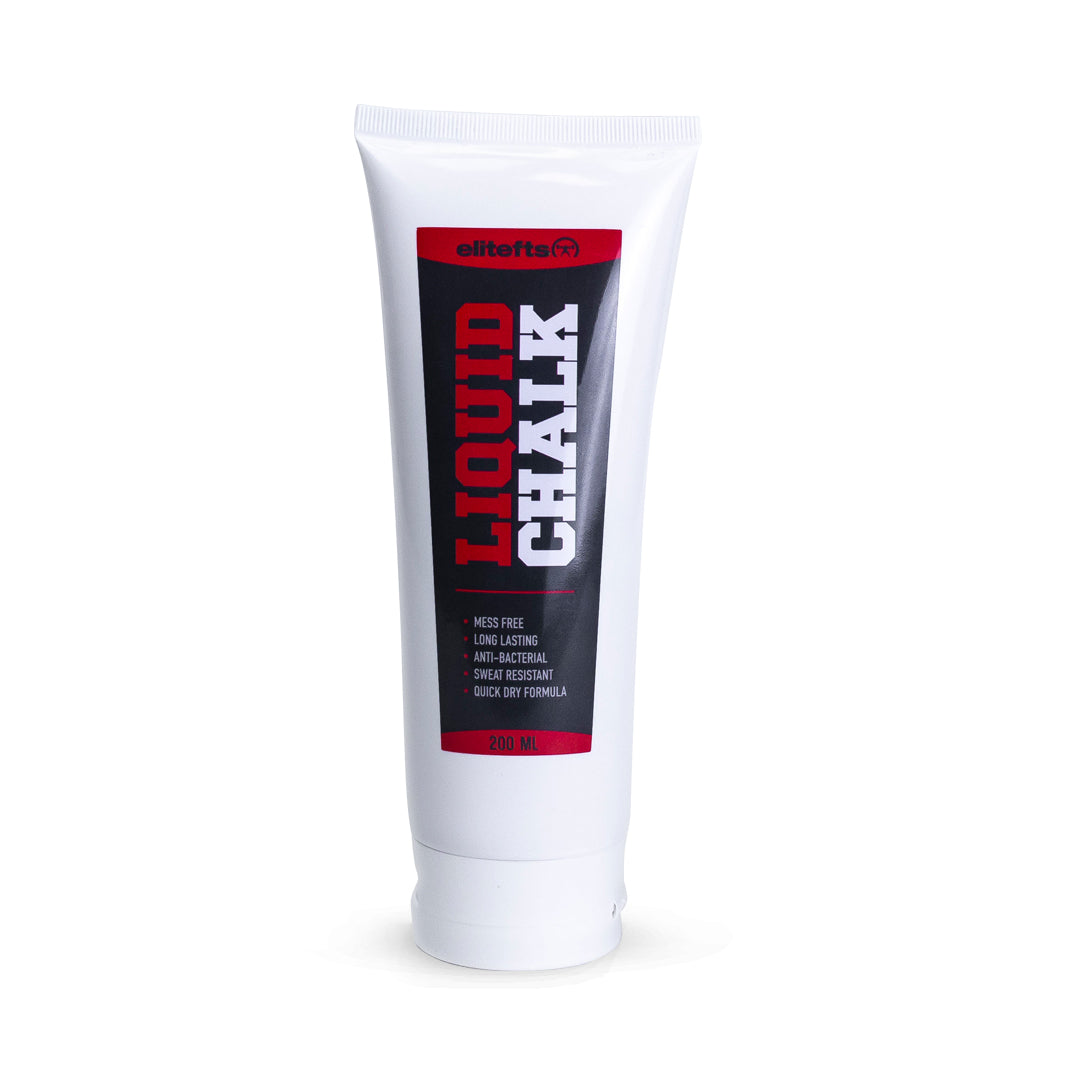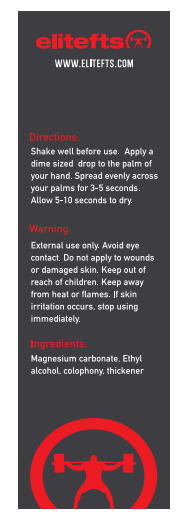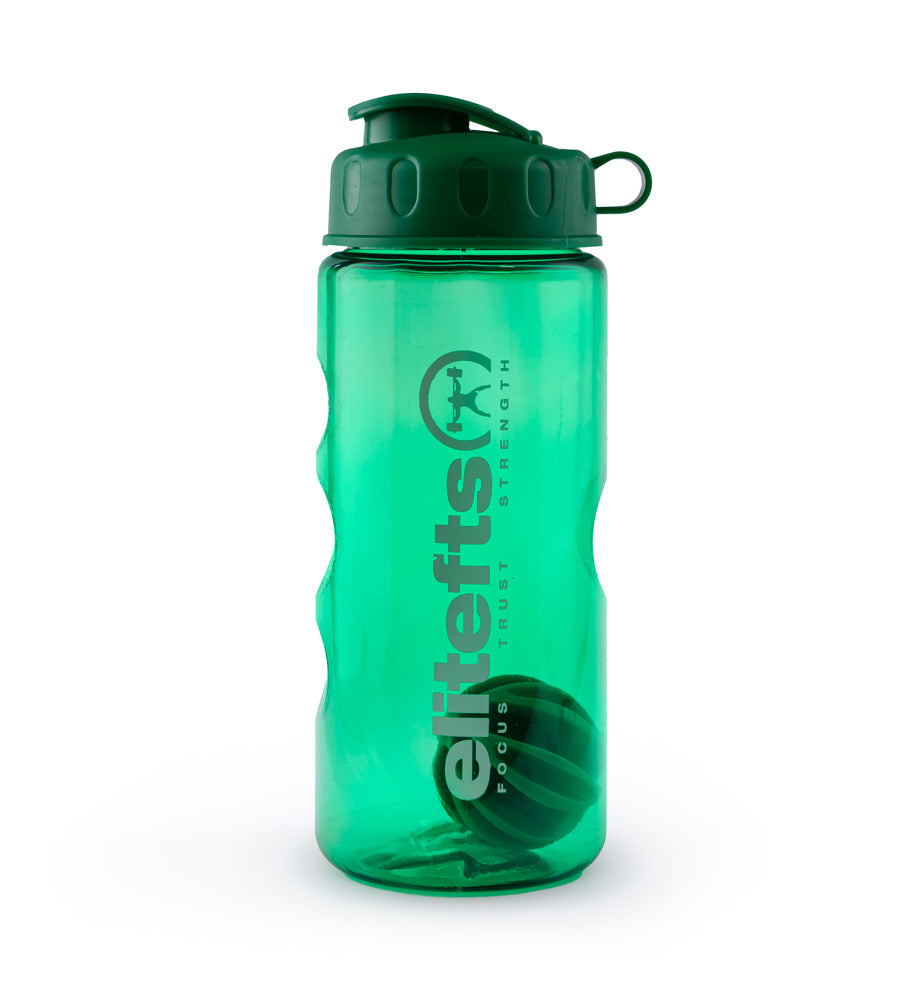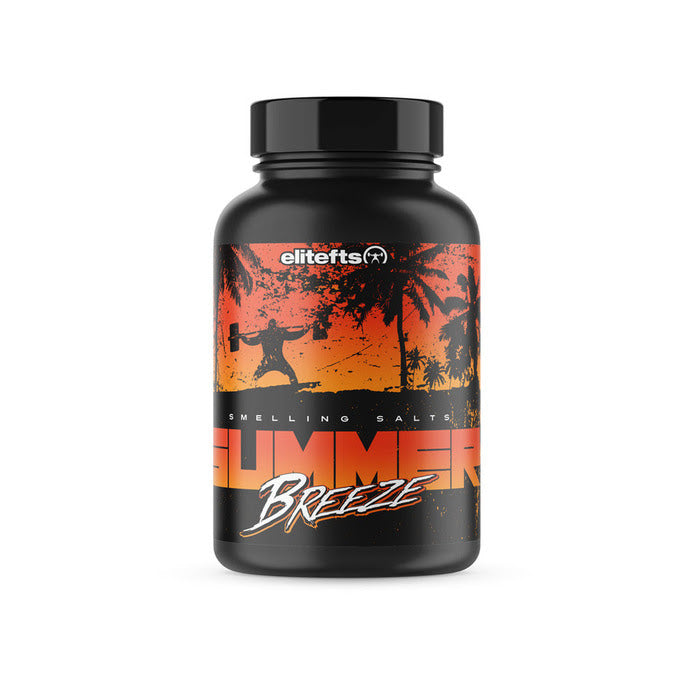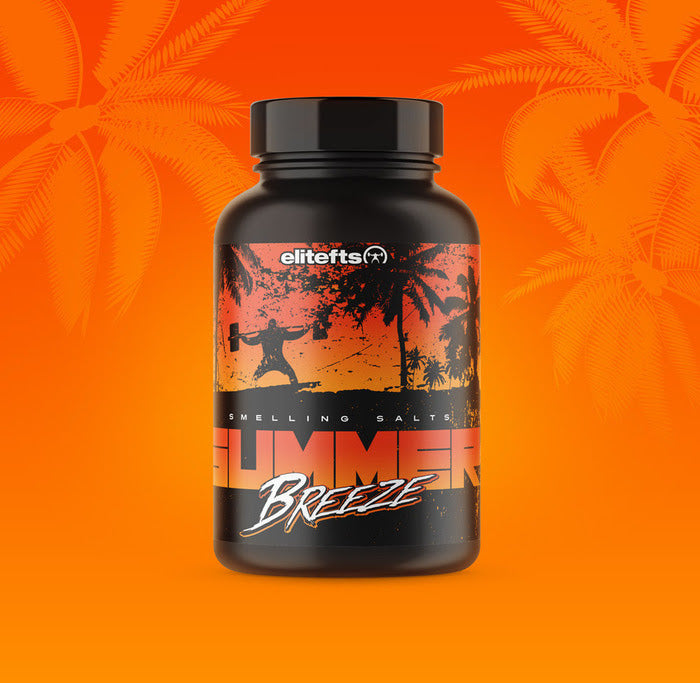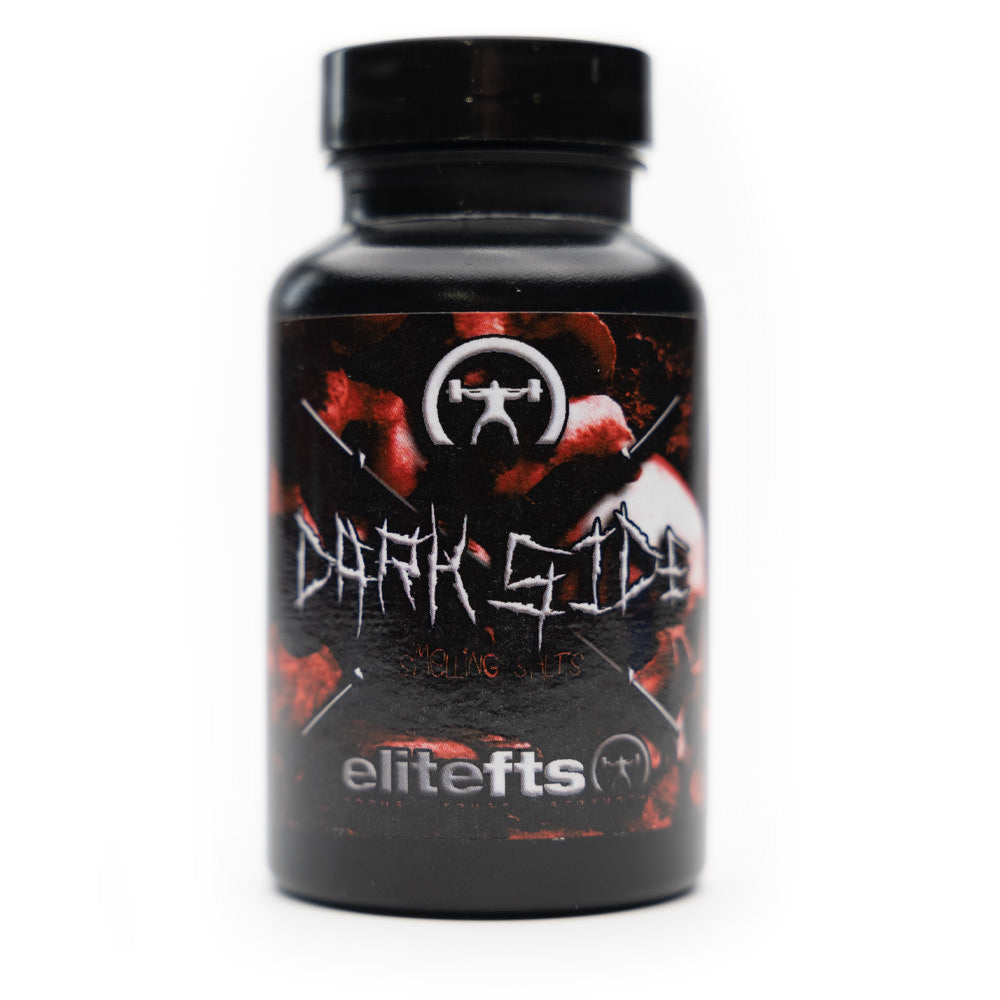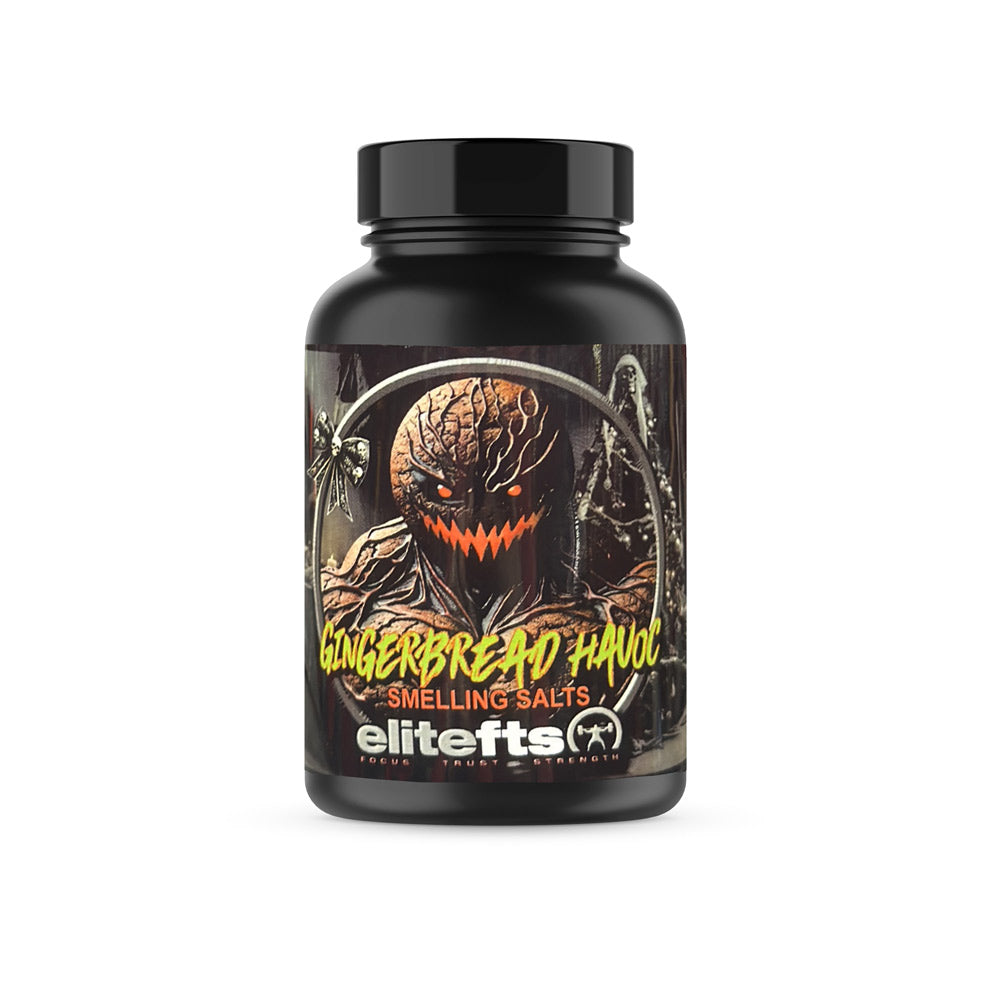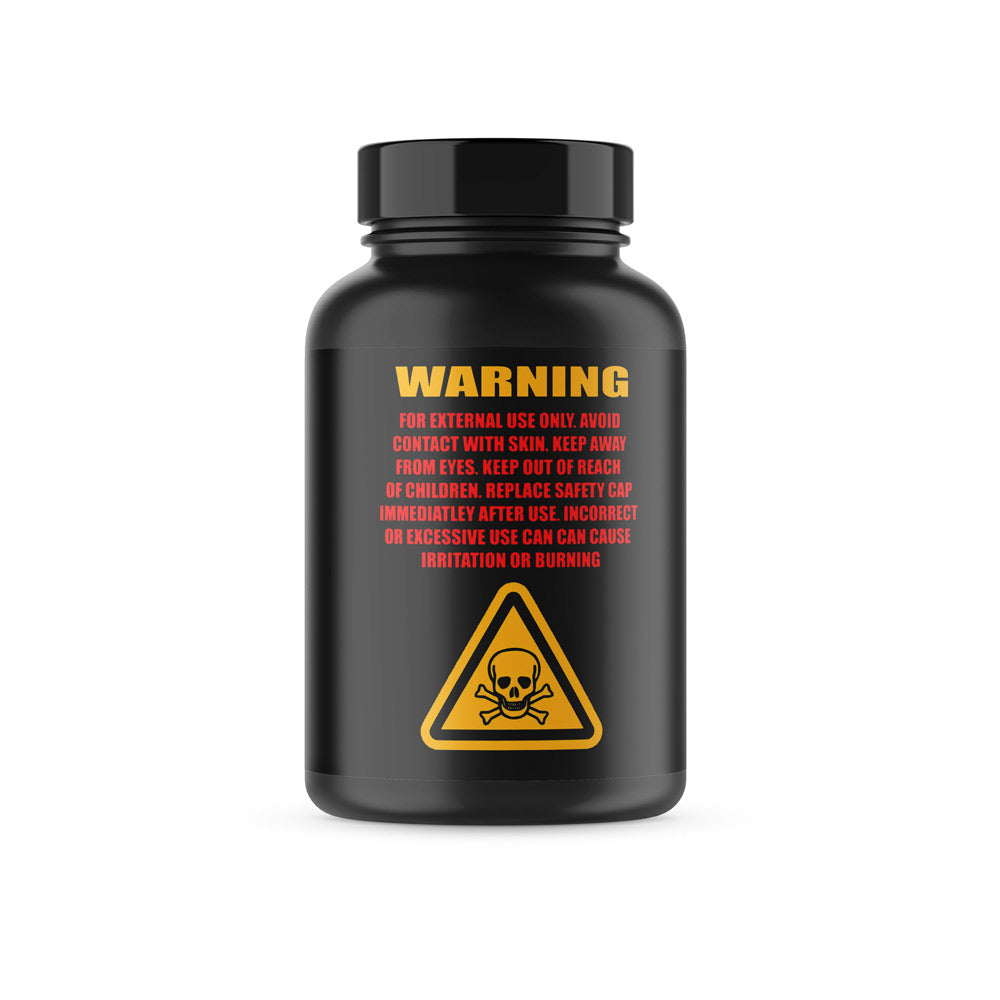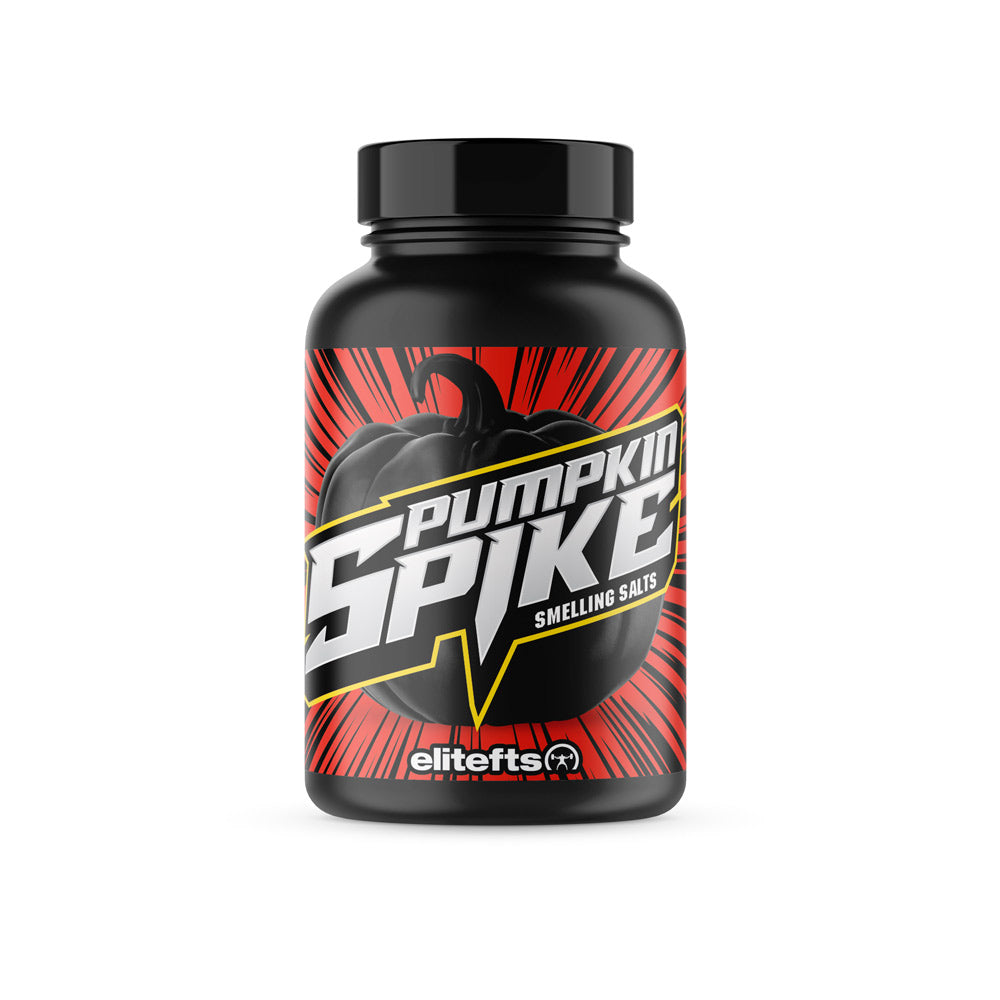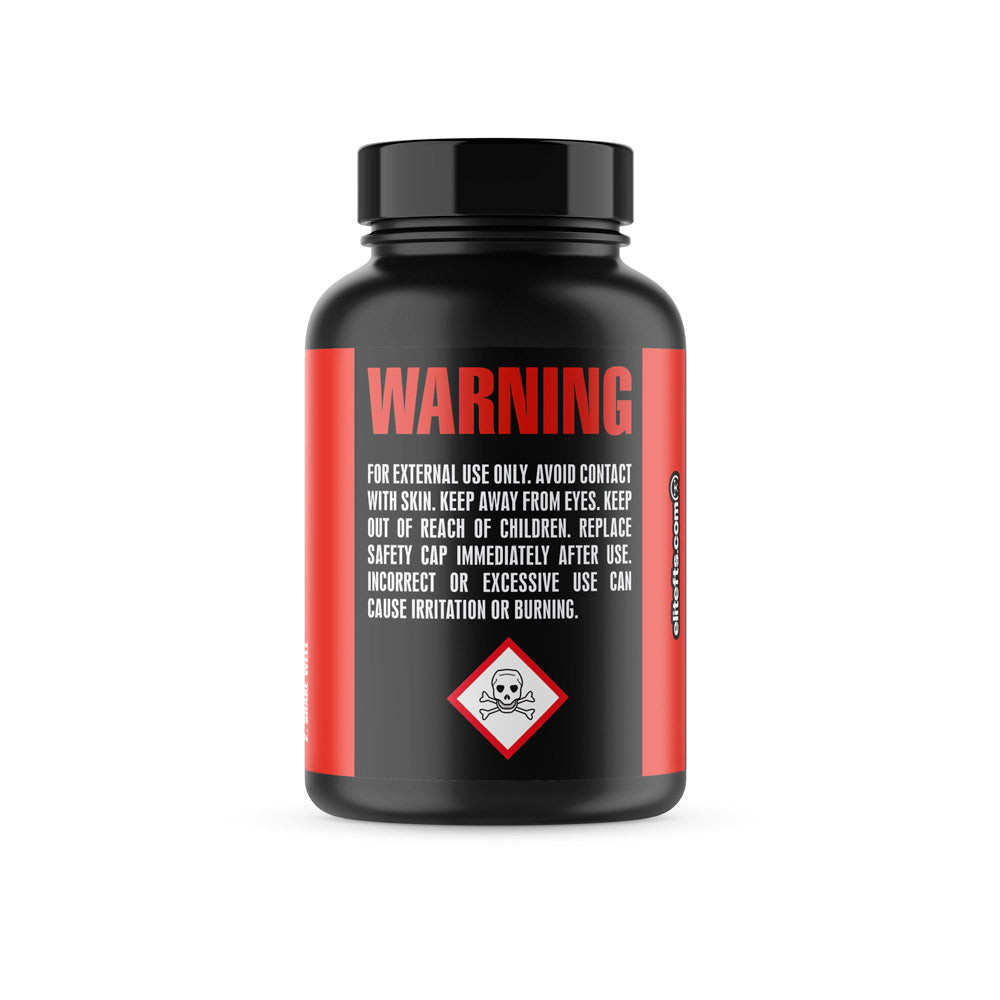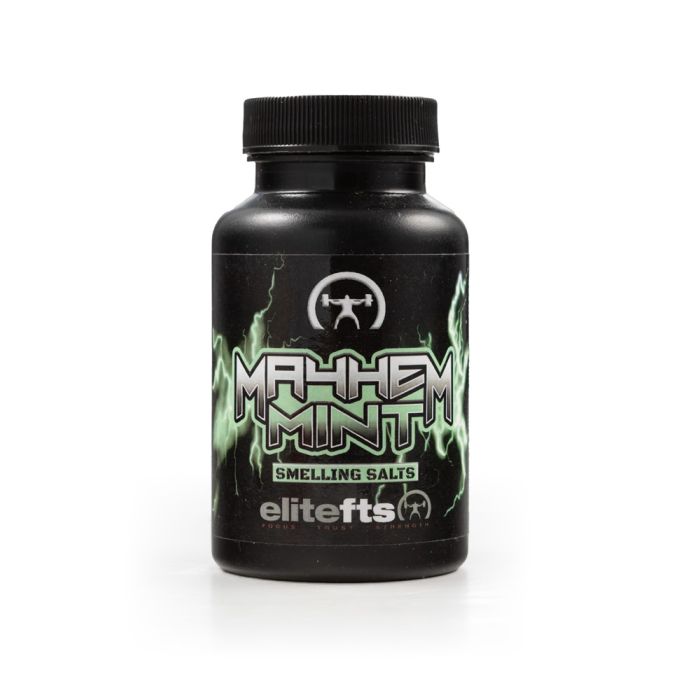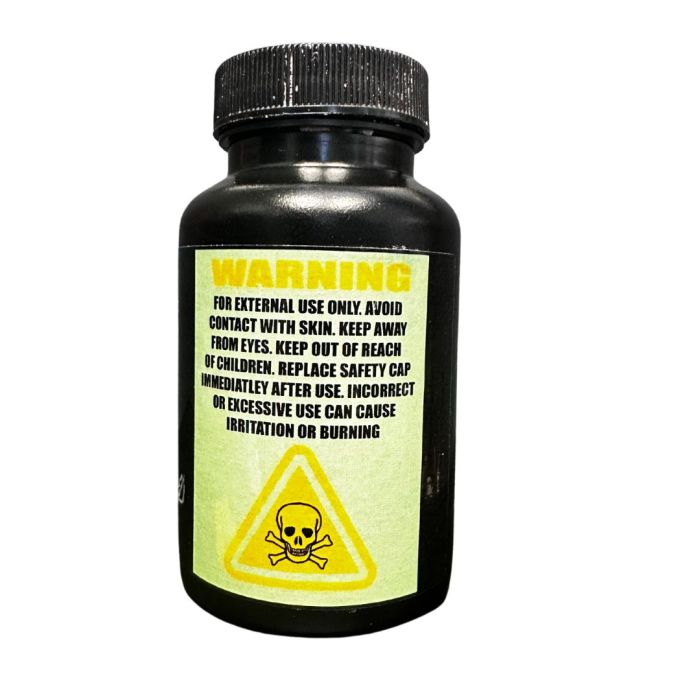When I practiced law there was a need, from time to time, for expert witnesses in both civil and criminal trials. An expert witness is one who can answer a hypothetical question, such as, “Assuming certain facts in evidence, could a certain result have occurred?” Another common question of this type is, "Based on your chemical analysis, what was the substance you tested?” One can qualify as an expert by reason of education or by reason of vast experience. I practiced in the small town of Gastonia and often lawyers from the much larger city of Charlotte brought their experts to court. It was a standing joke at our bar that an expert was some son of a bitch from Charlotte who had read a book!
Well, I read a book:
Conjugate U by Nate Harvey. He calls it “the proven and practical guide for using the conjugate method with athletes.” However, far from considering myself an expert, I consider that I have achieved some basic understanding of the conjugate method. I had some views and very little knowledge of the method. Some of my knowledge was accurate and some of it was not. Nate’s book cleared up all of my misconceptions and did a great deal to clarify the conjugate method — so much so that I have implemented it in my training and with my clients.
RELATED: 6-Week Lower Body Accessory Lane Progressions
Before I discuss what we do and how we implement the conjugate method, I need to discuss how I previously trained. I began powerlifting training under the tutelage of Donnie Thompson. We trained a few times a month at his gym in Colombia, South Carolina for about two years. He was my introduction to the sport and my only exposure to it. When we trained, it was usually max effort squats. We did the other lifts, but very infrequently. Our sessions seemed to last forever. In fact, we did train for more than two hours. We used
chains, bands, both, or straight weight, and he always had me squat to a
box. I know that beginners progress very quickly and I was no exception. I learned that when the weight got very heavy to do only two reps, but as many as eight to 10 sets.
Donnie literally beat my ass! So much so, in fact, that he was afraid for me to drive home because my eyes were glazed over. When I trained at home, I trained the same way: I beat my own ass! I was often tired and felt beaten up. In an effort to resolve that, I read a few of
Jim Wendler’s books and talked to him at a few elitefts functions. I implemented my training to incorporate some of Wendler’s techniques. My training became a bastardized version of Thompson and Wendler, plus some things I learned from Dave Tate. I still beat my own ass and felt tired and beaten up too often. At my age, this is not a good feeling and not a good way to get along with others.
In discussion with one of my powerlifting clients, we decided to give the conjugate method a try. I had
Nate’s book printed and bound and use it as a reference book. Additionally, Dave Kirschen’s article
“16 Week Conjugate Periodization Program for Novice Powerlifters” has been a great help. Like he says, “it’s not an article about a program, but a real program.” Simply put, in an effort to keep from being so tired, I went from training three times a week to training four times a week. How in the hell does that make any sense? It makes sense in that I am only doing two max effort days a week. To be fair, I am not training athletes for sports performance; I am training powerlifters.
Nate has divided the daily training layout into “lanes.” I, however, do not use all the lanes. We do very little of the throws or jumps. We do some tissue prep with a lacrosse ball and/or a body-tempering device I acquired from Donnie Thompson. We use the warm-up lane with bands and very little of the reset lane. Most of our work is done in two dynamic effort days — one for lower body, the other for upper. The rest is done in two max-effort days — one for lower, the other for upper. I do try to beat my own ass on max effort day. It is more difficult to do, however, because of the variety of max effort exercises.
I believe that if you want to squat heavy, you should squat heavy. I still believe that, I am just doing it with a variety of exercises and bars. Now I am doing
SS Yoke Bar squats, Duffalo Bar squats, Hatfield squats,
hack squats, and good mornings. I squat with a
box most of the time and use a straight bar very rarely. Similarly, I use a
variety of bars and exercises on max effort upper body day. I don’t feel so beaten up after max effort days. On dynamic days, I still try to work very hard. I do more exercises and many more reps. While some muscles are sore because of the new exercises, I feel as if I have cheated because I’m not beaten up. I have to convince myself I am doing what I am supposed to do. I am; I’m doing what the program says. To be fair, I still try and beat my own ass on max effort squat day. It is not as easy as it was.
So, I feel better using the conjugate method. Will it carry over and improve my lifts and my total? I don’t know yet. I plan to give the method a long and fair chance. The meet in September will be an indication. I am beginning to have confidence in it. As we go, I am sure I will implement it better, more intelligently, and with more confidence. So, I read a book. As a result, I made some changes. However, I have no expertise, only a desire to learn more and implement the method more efficiently.









